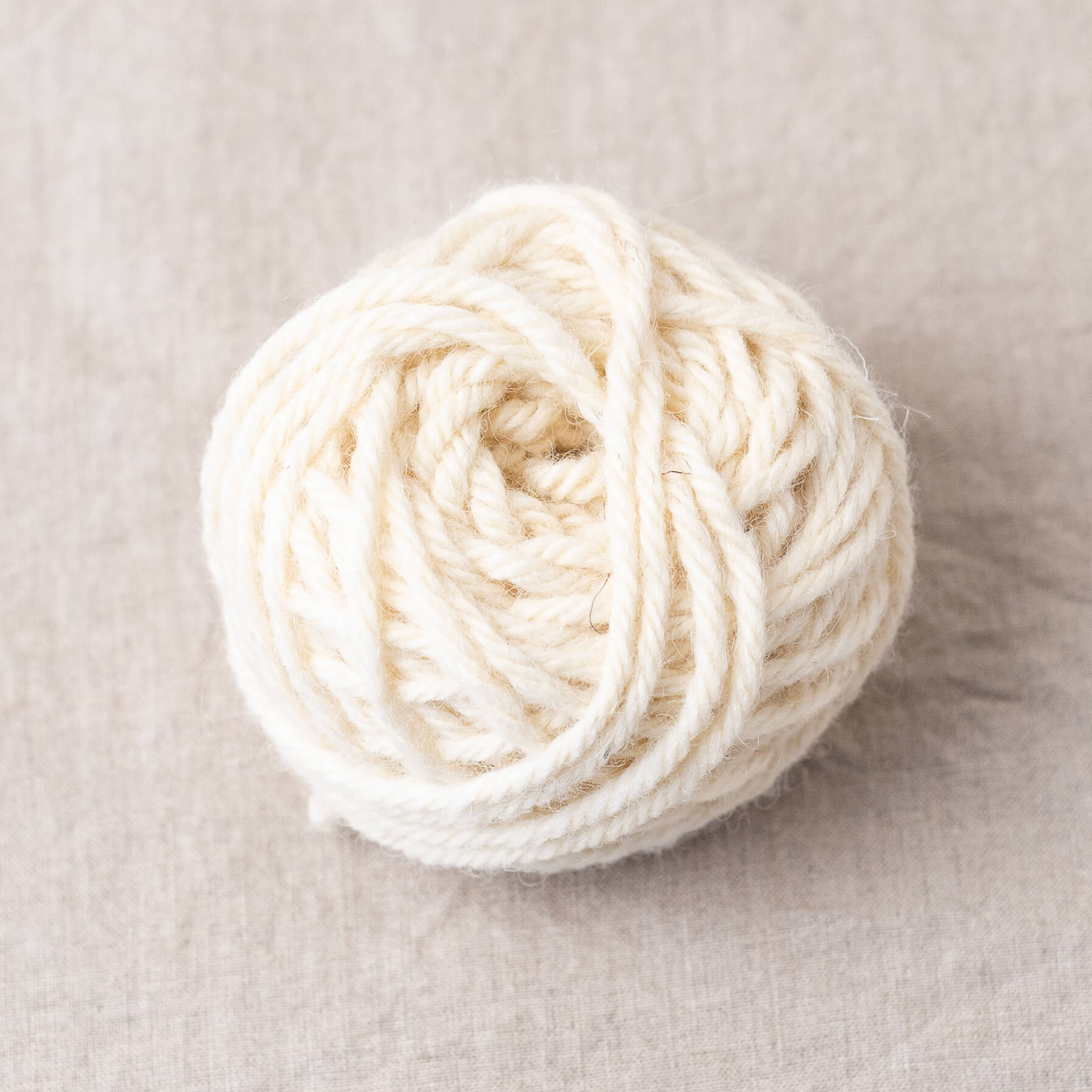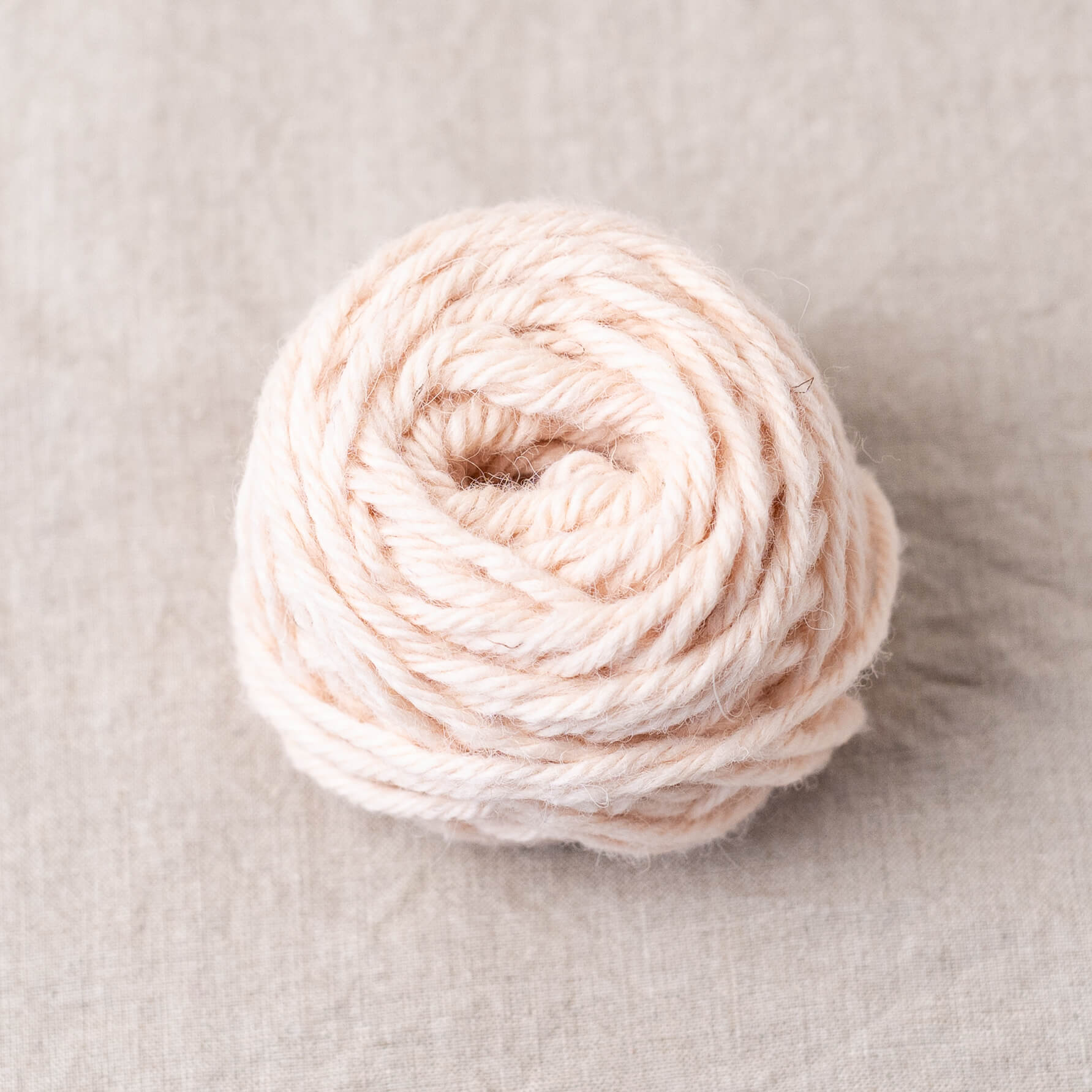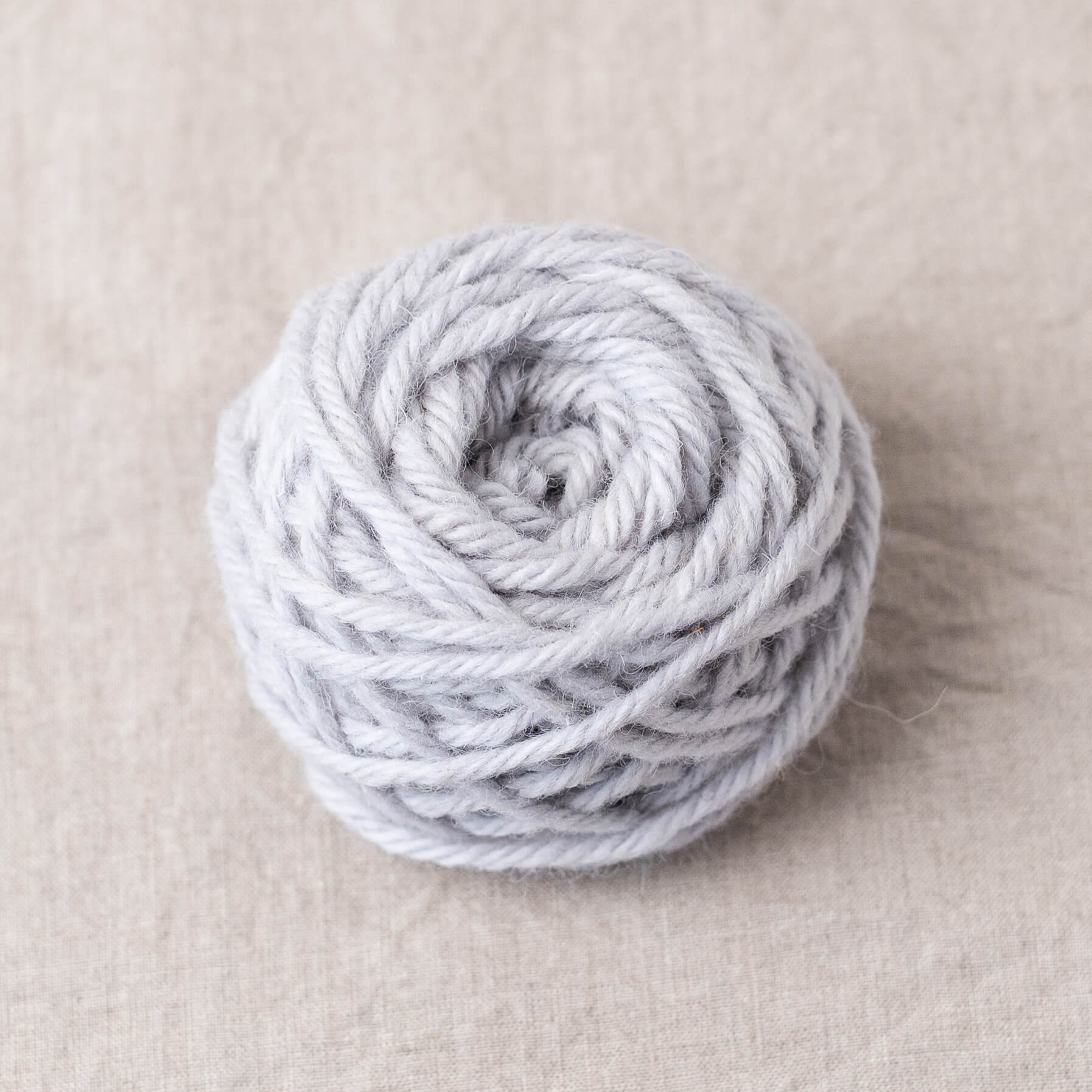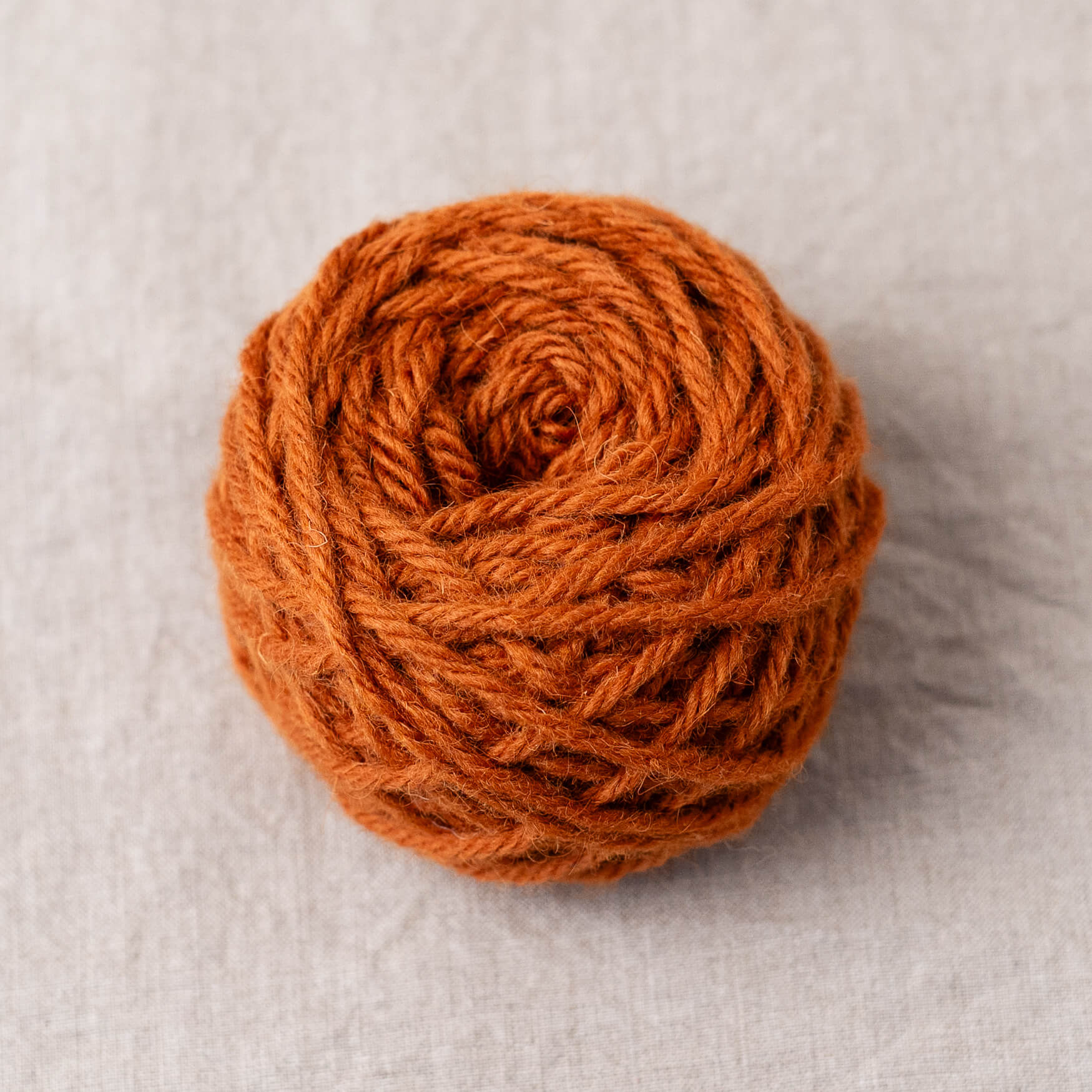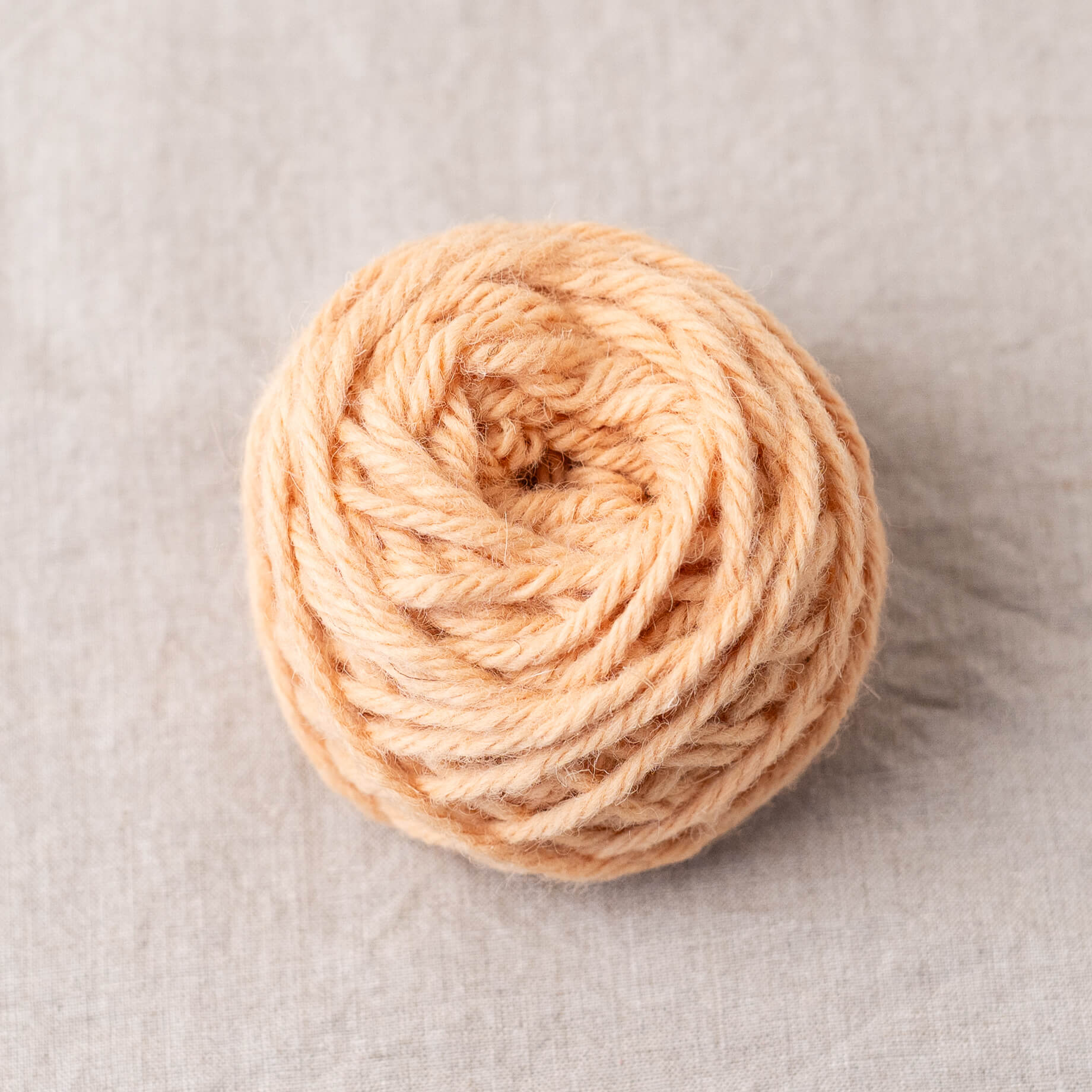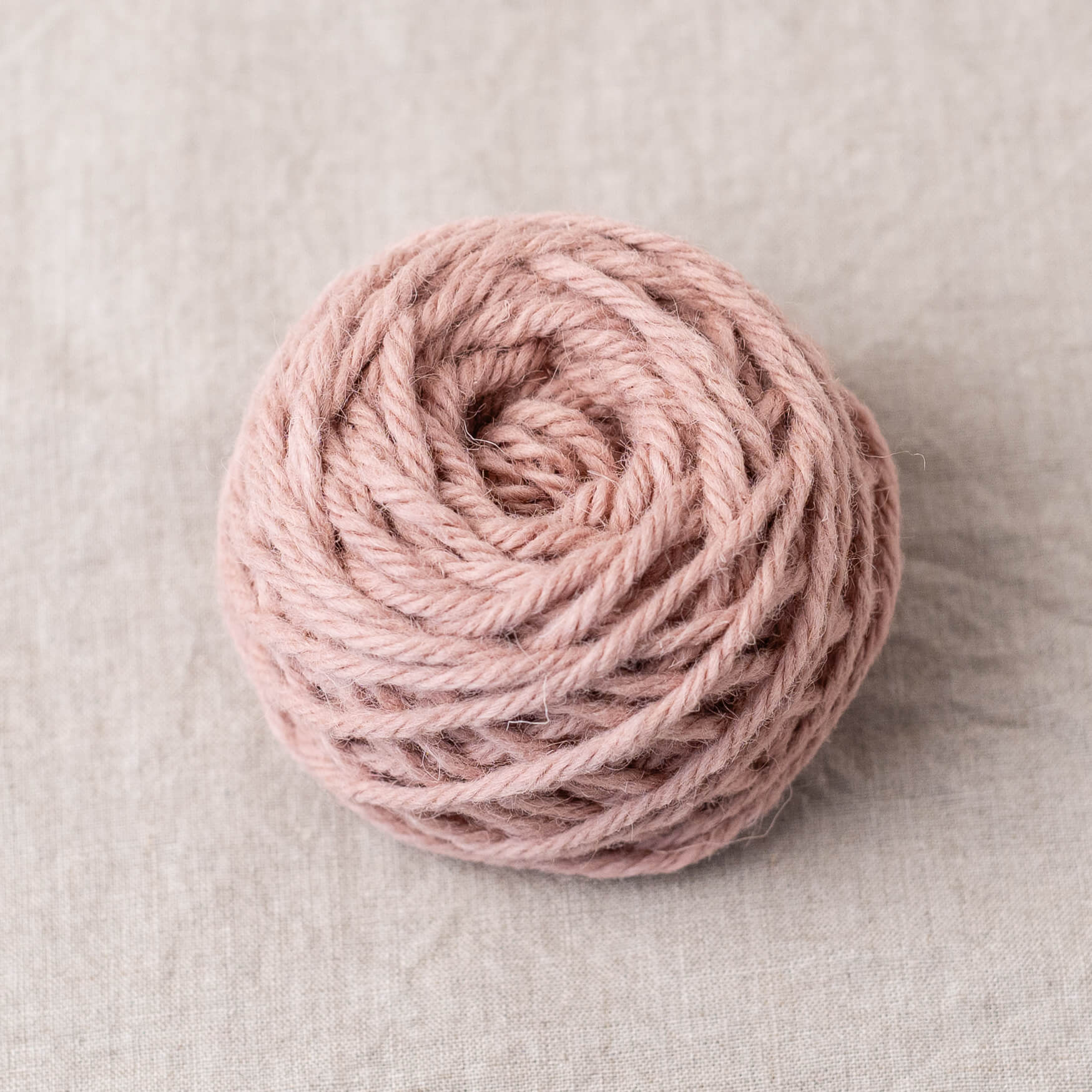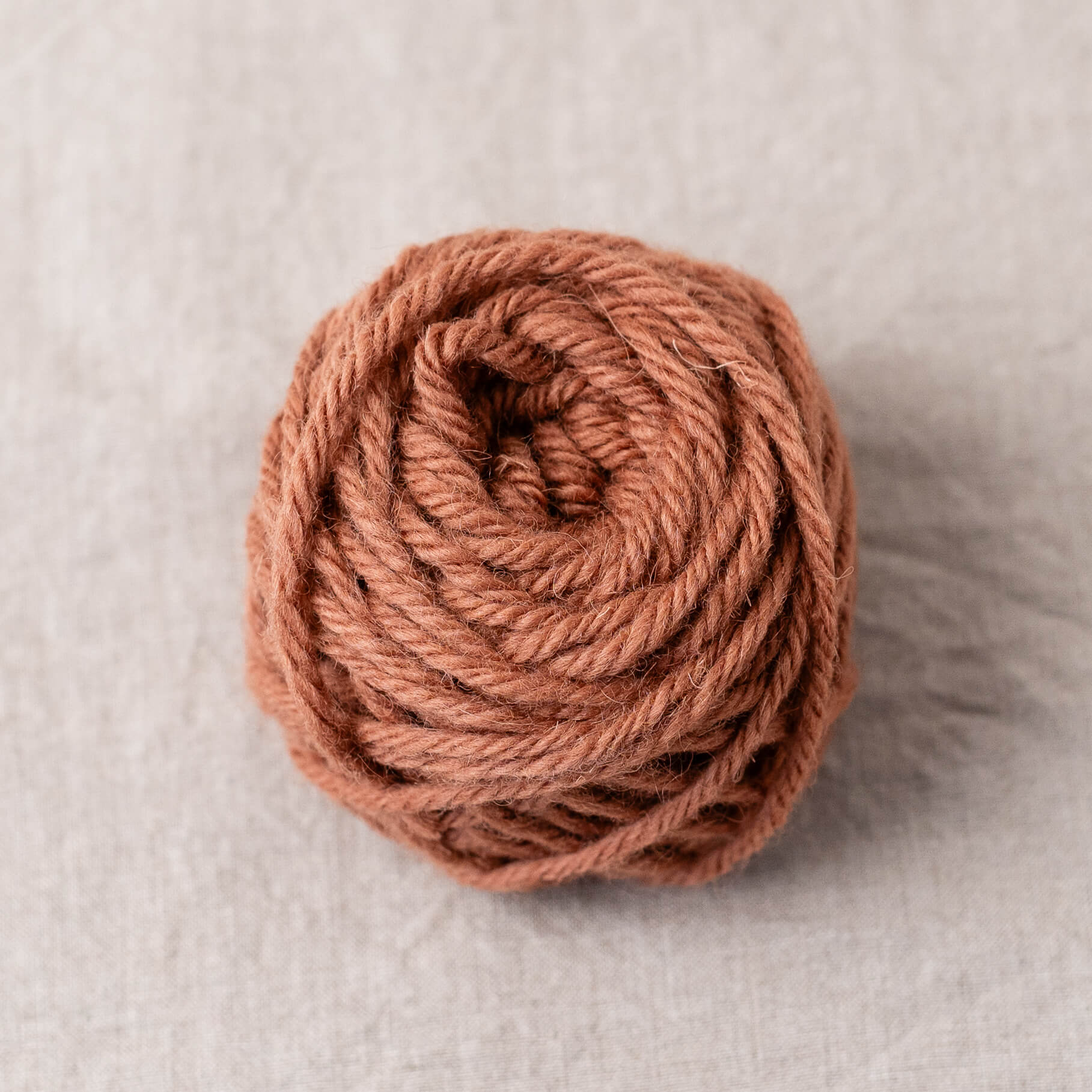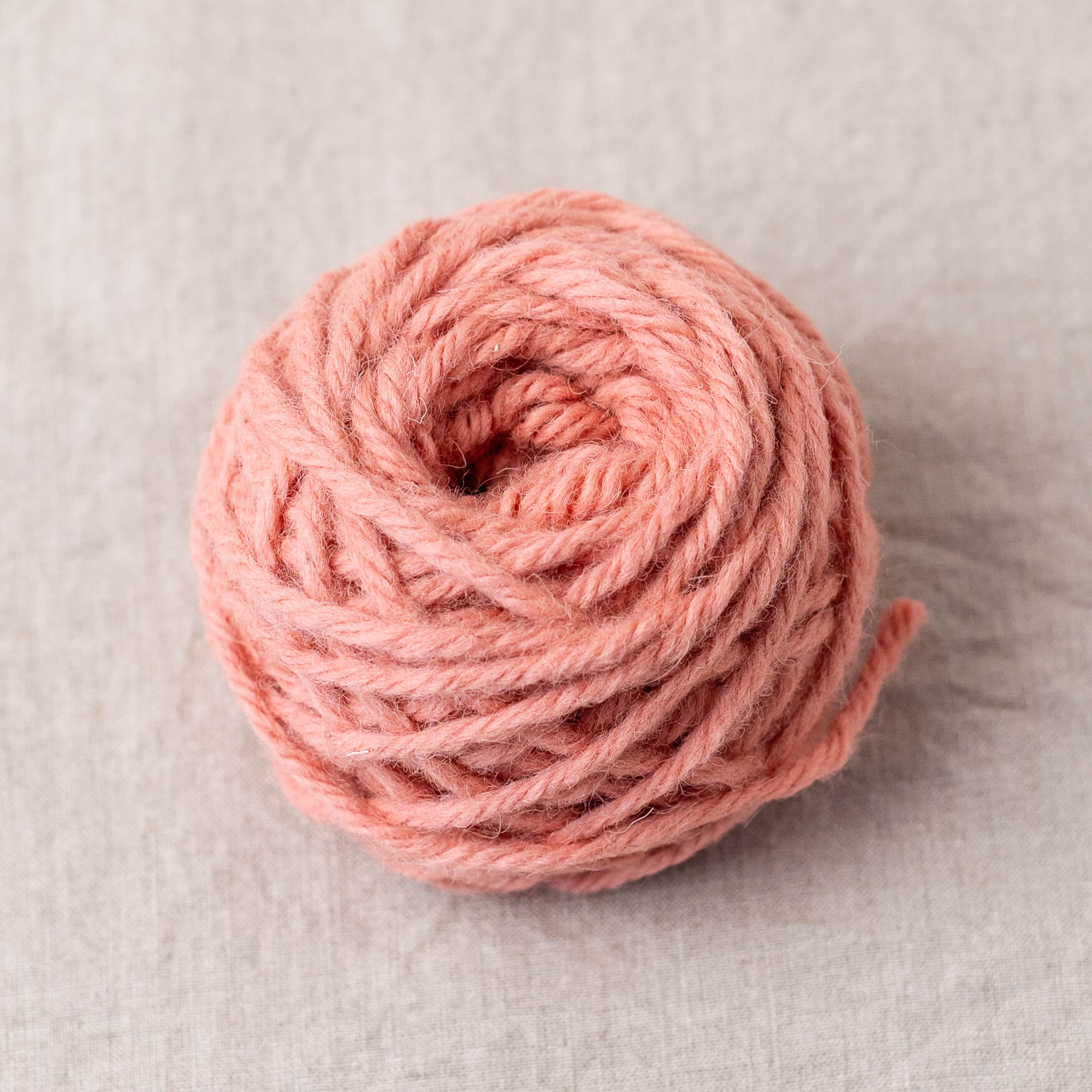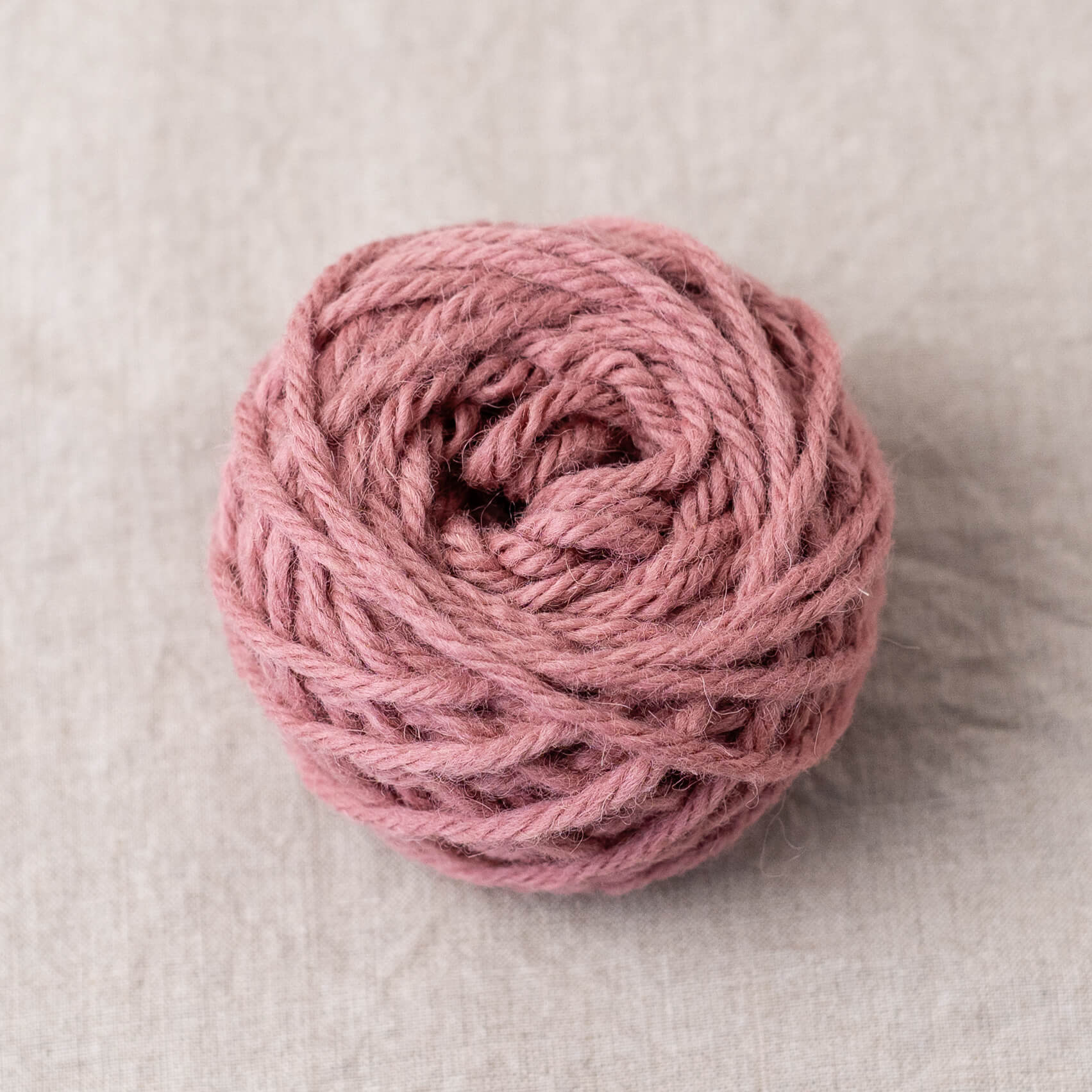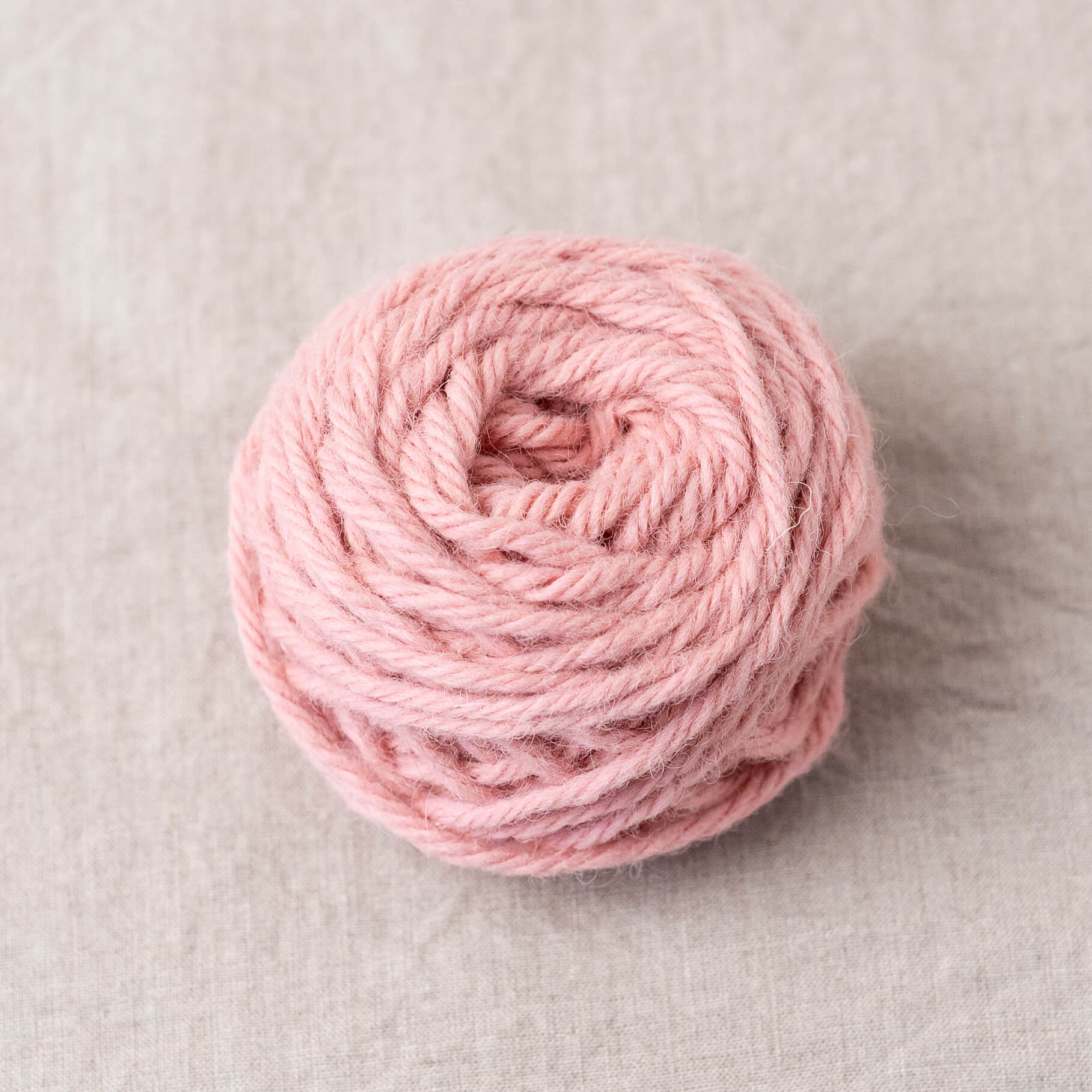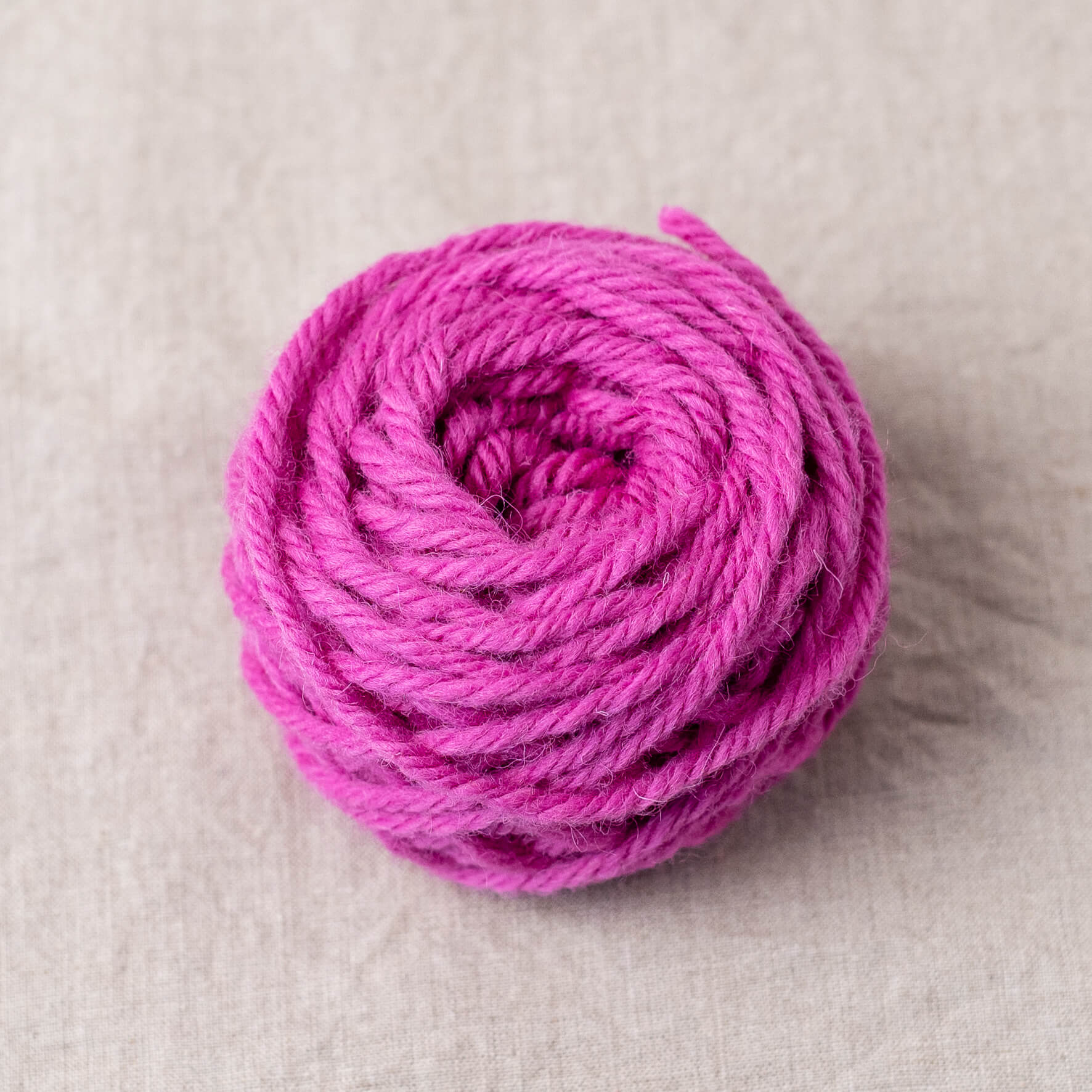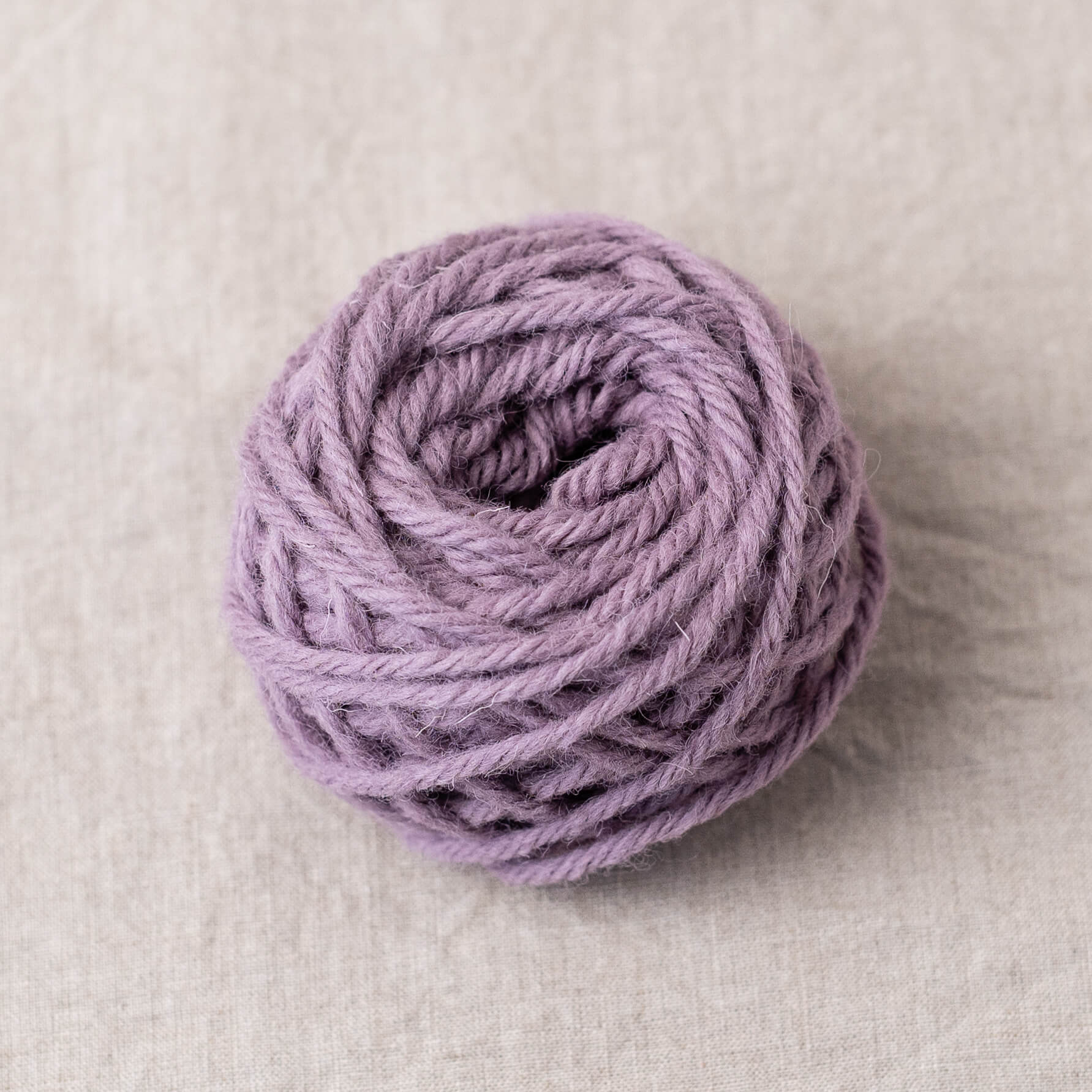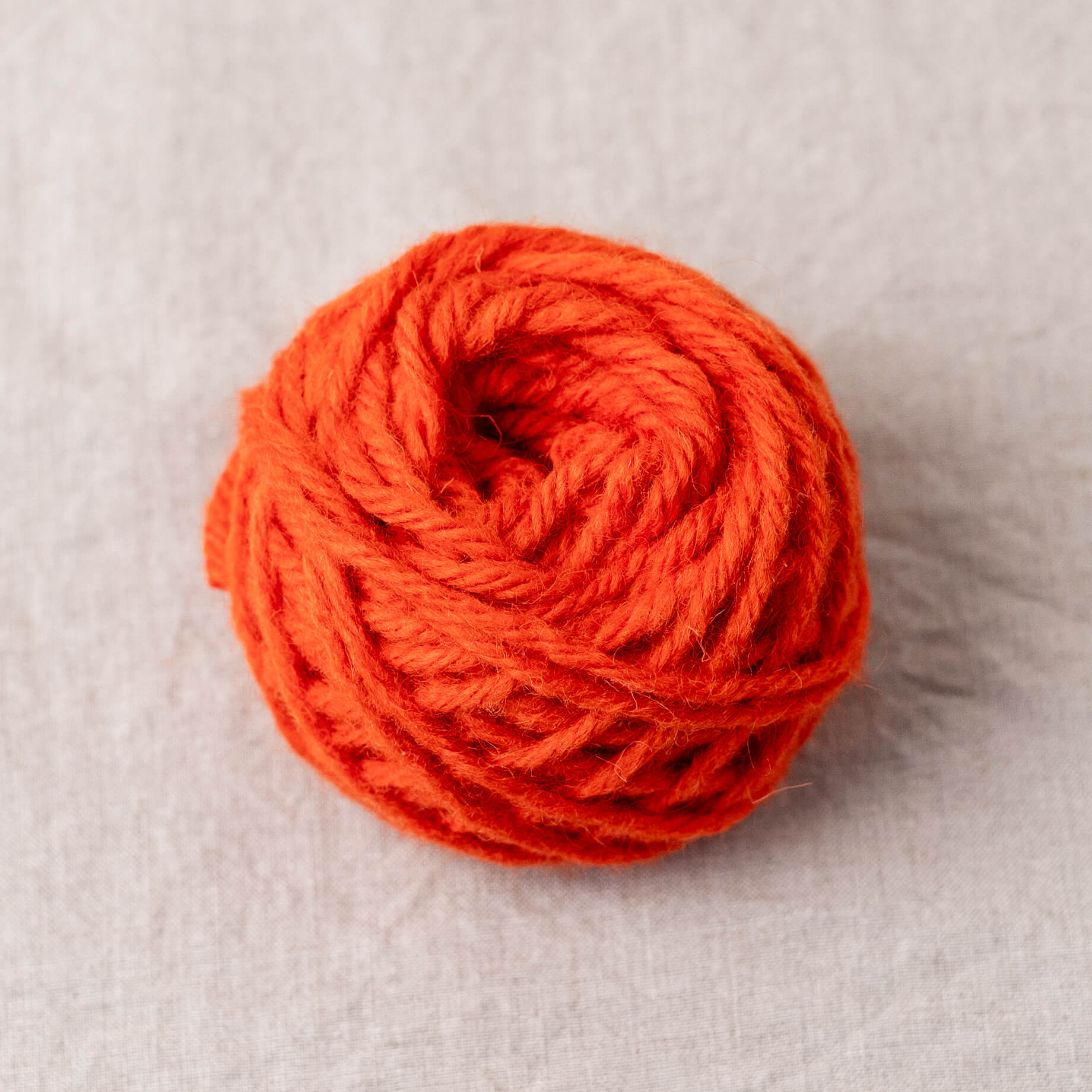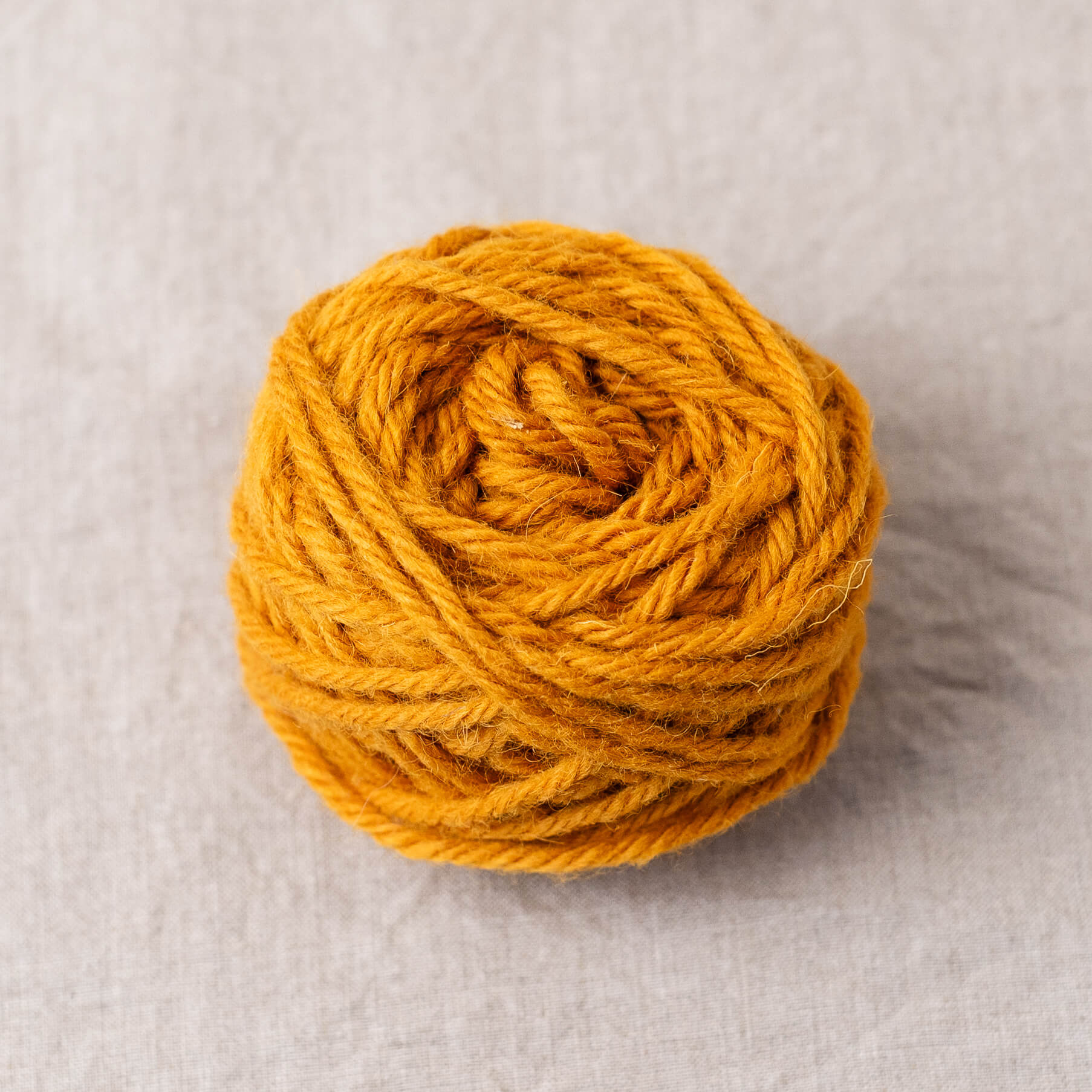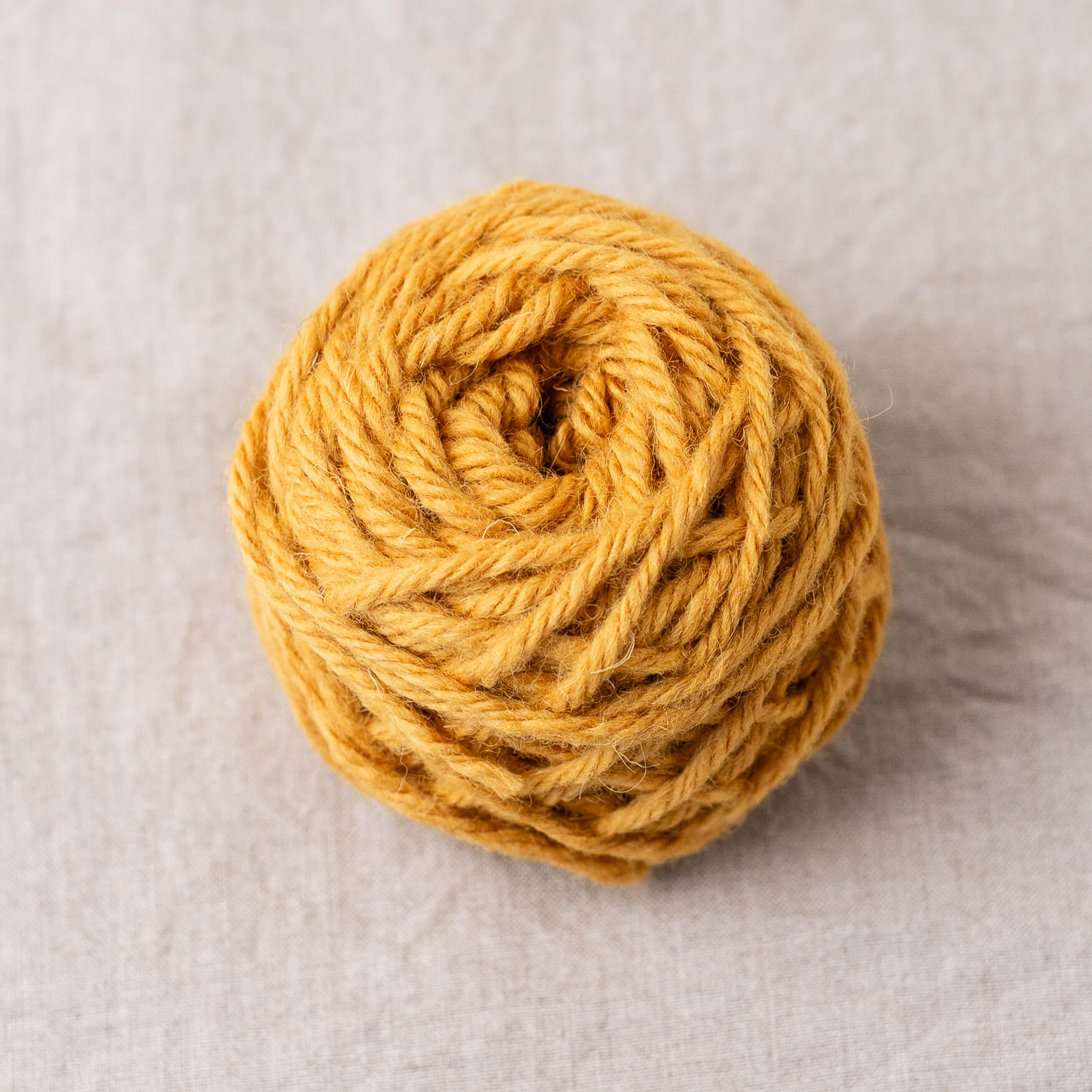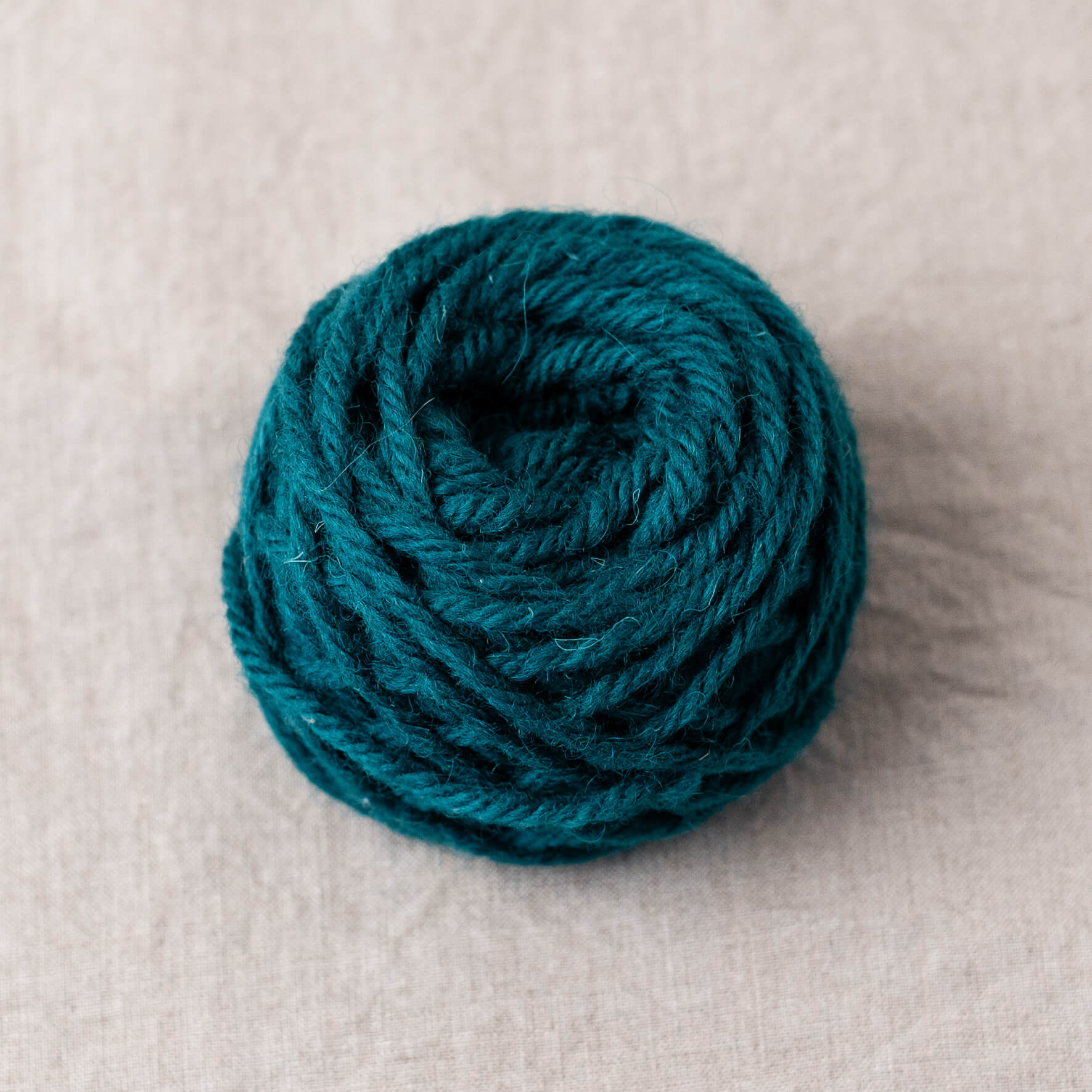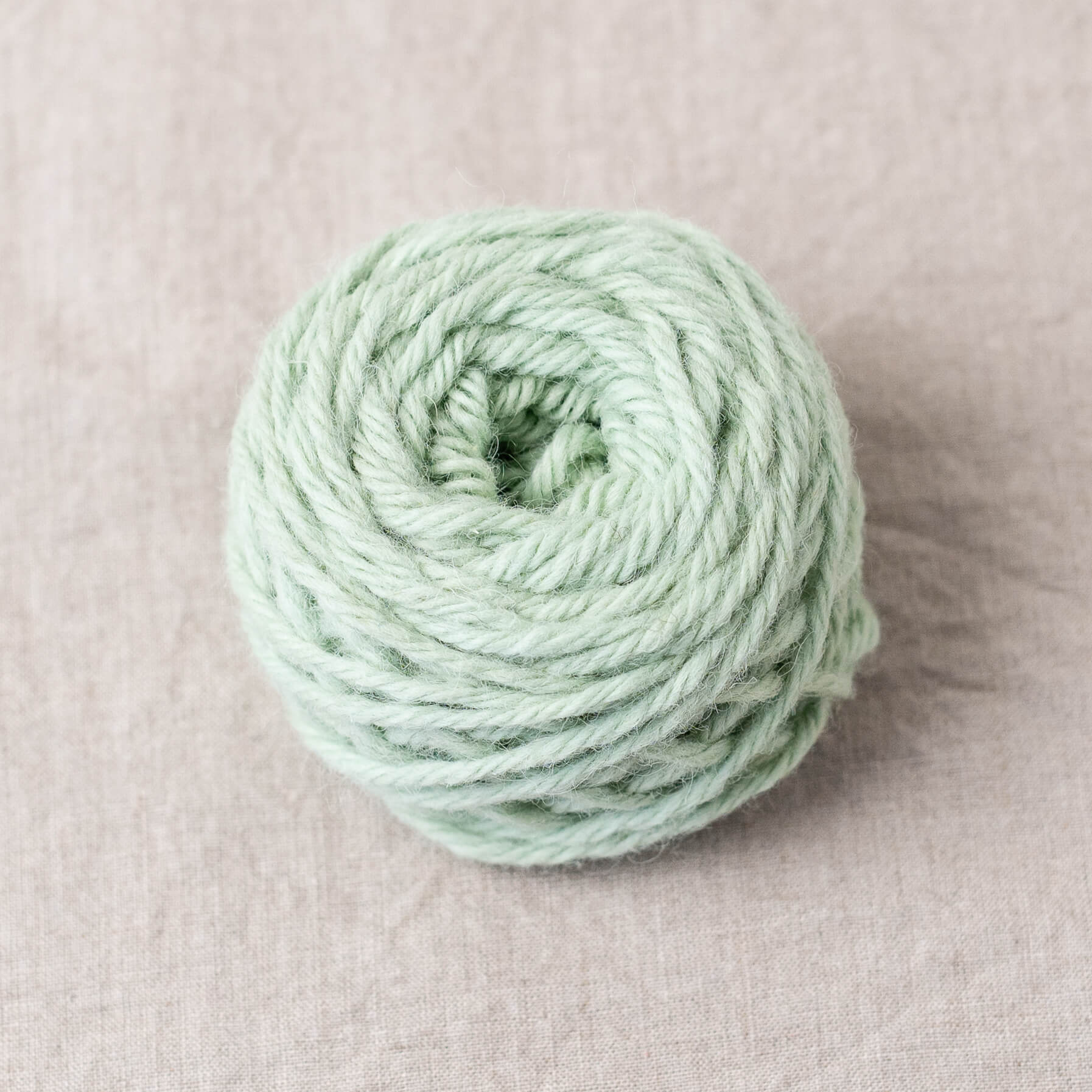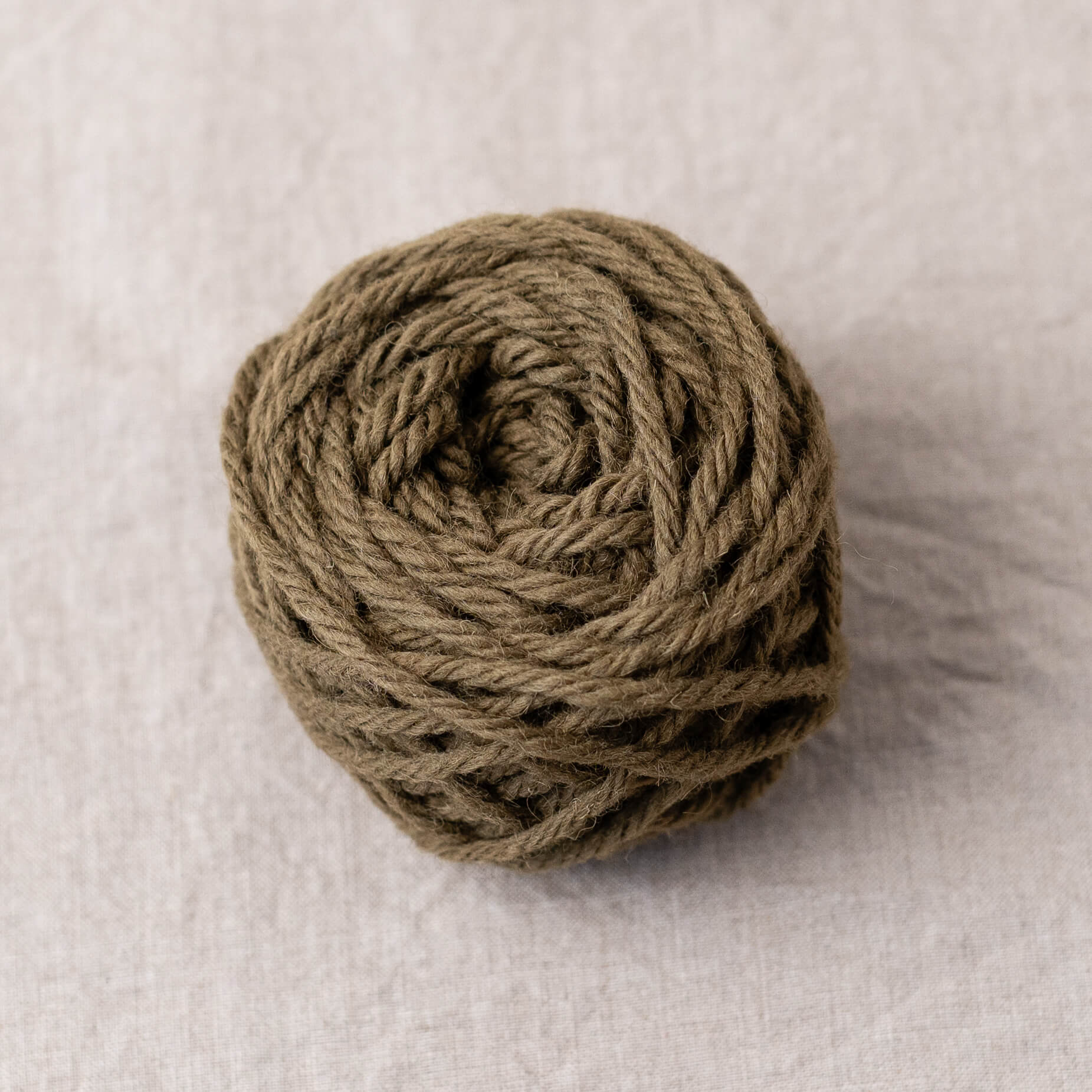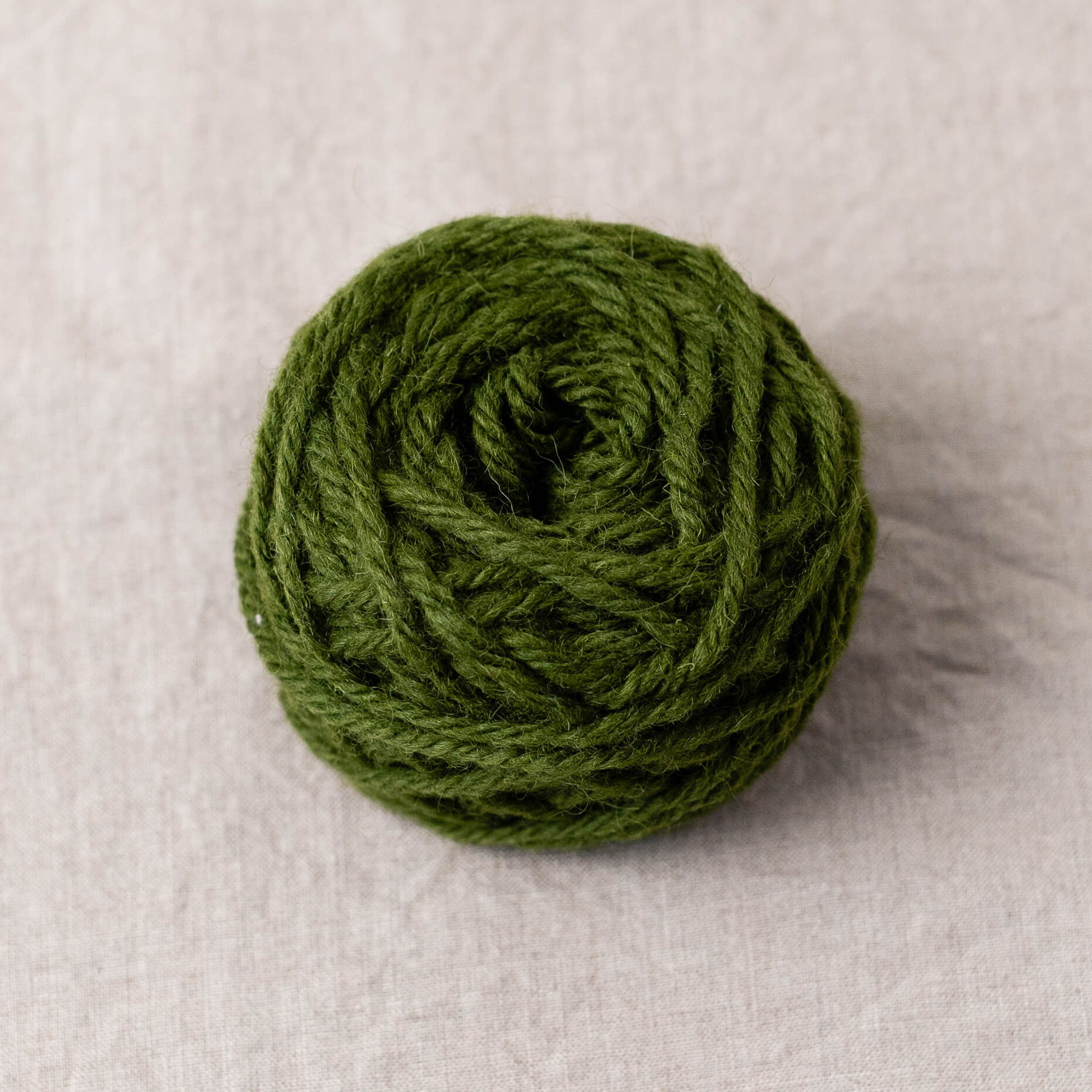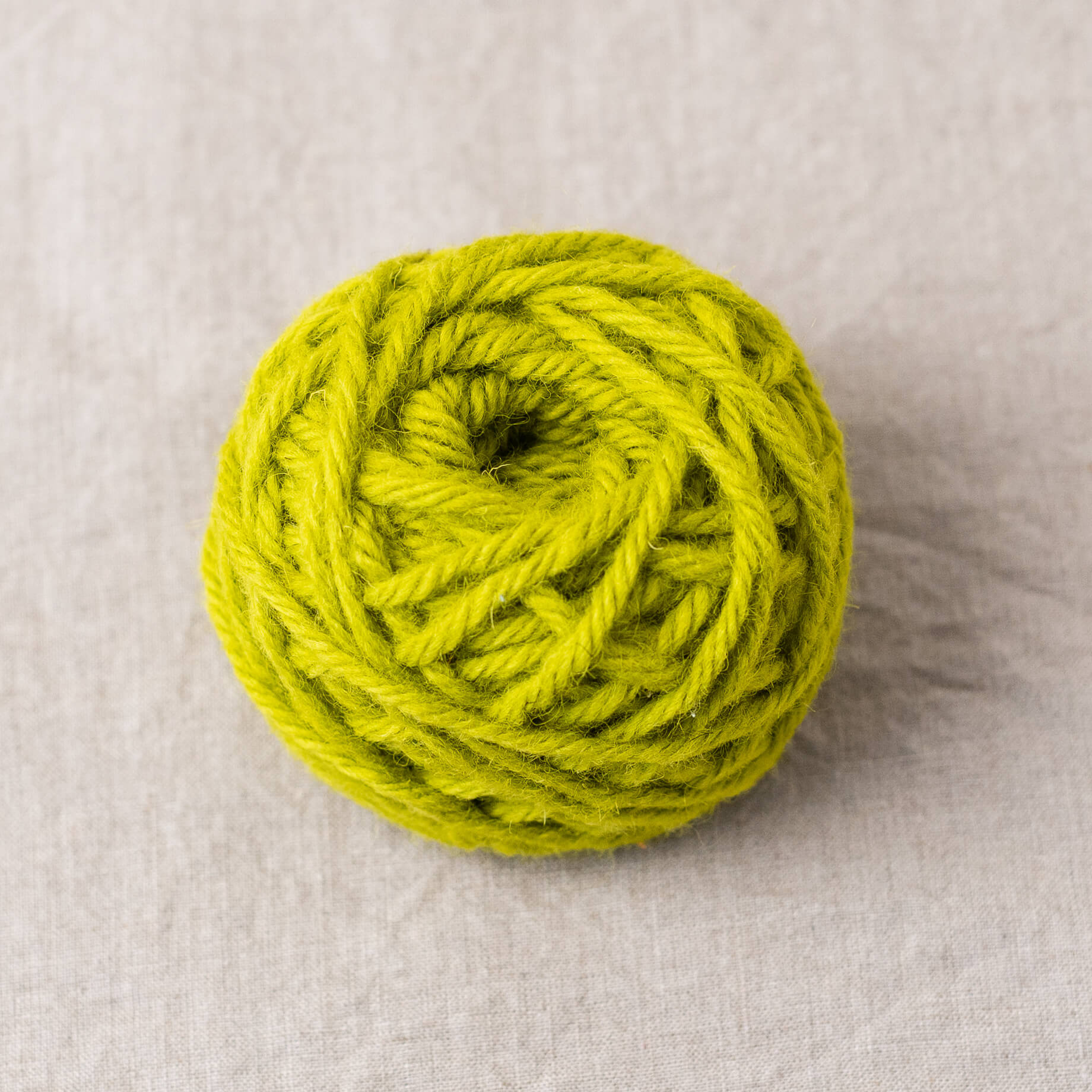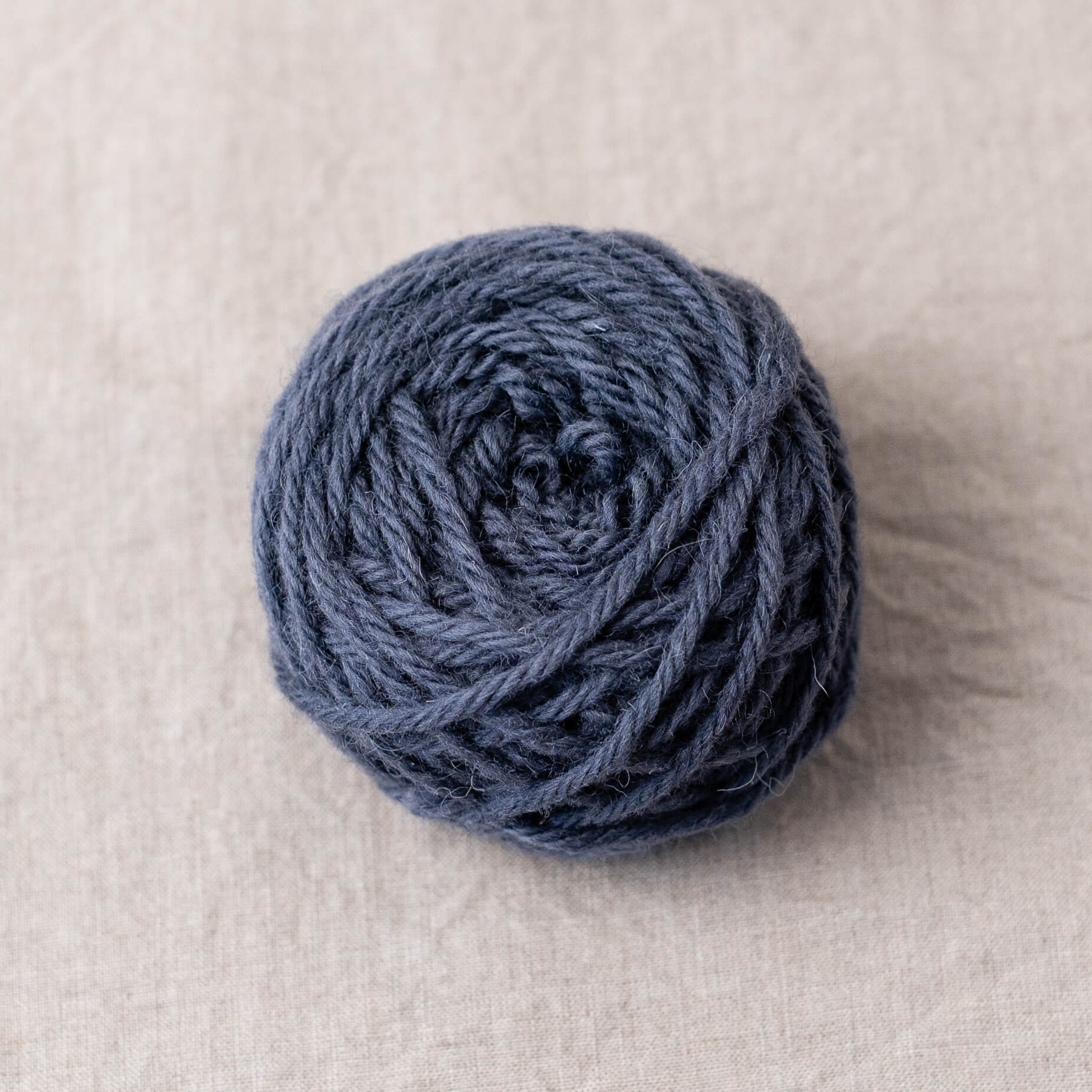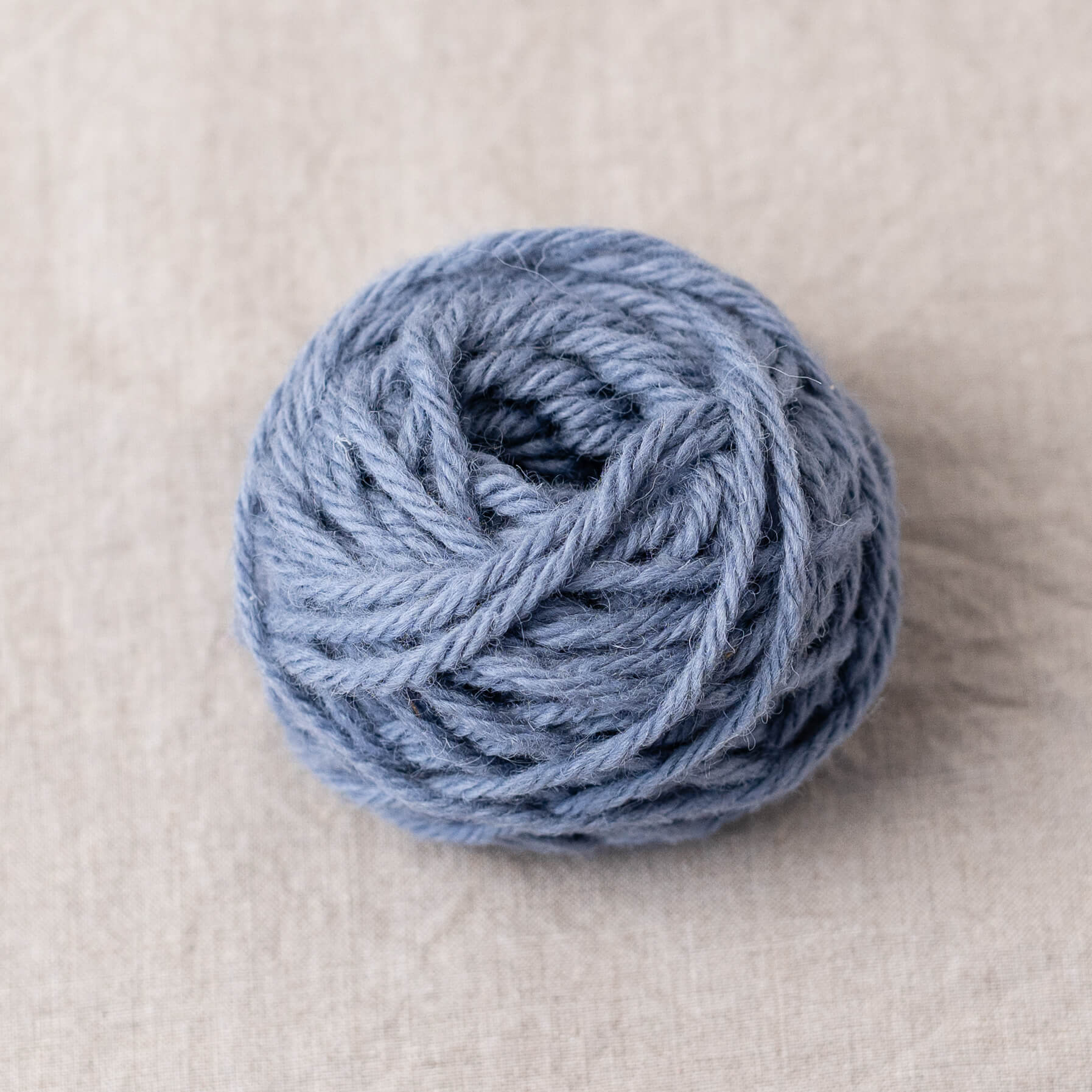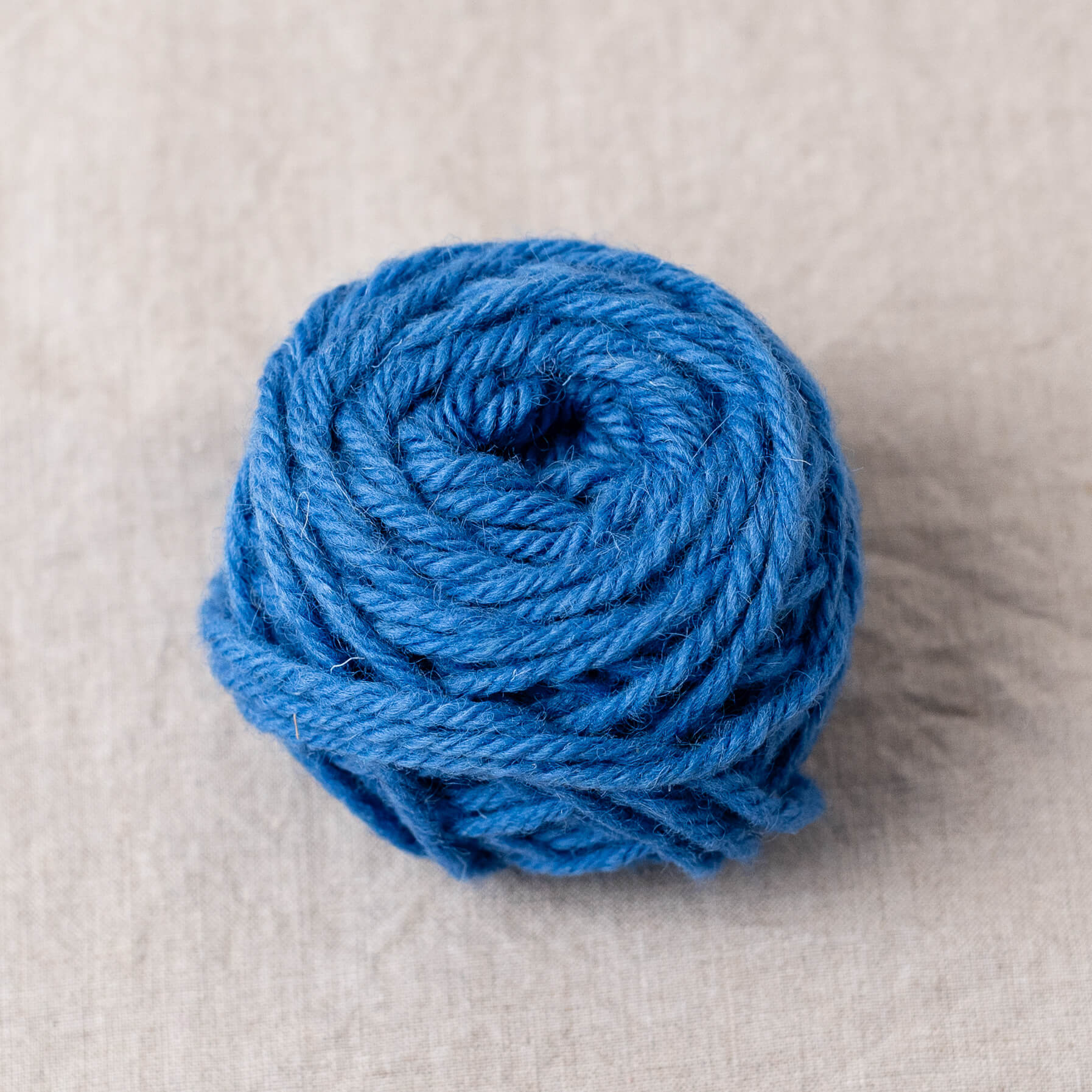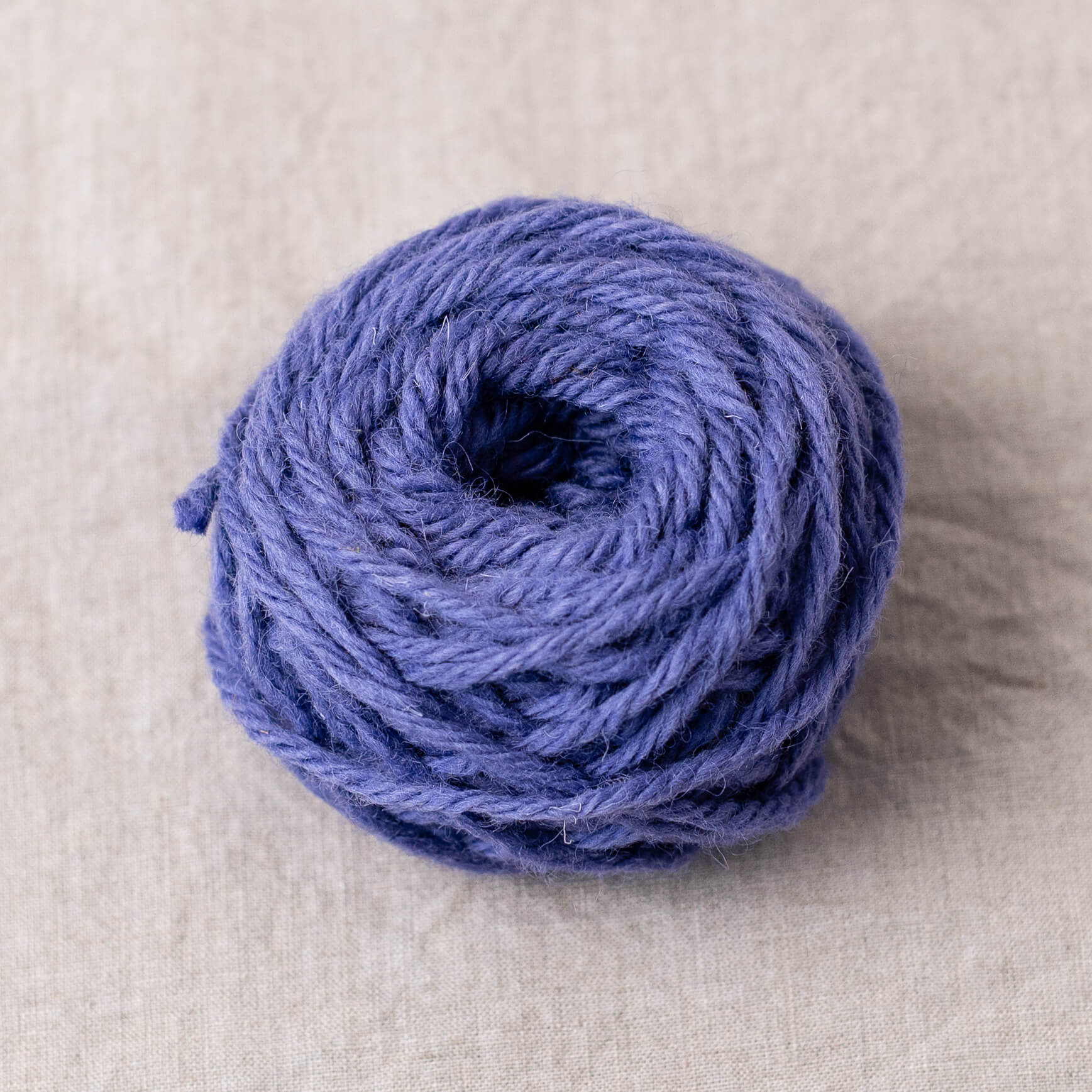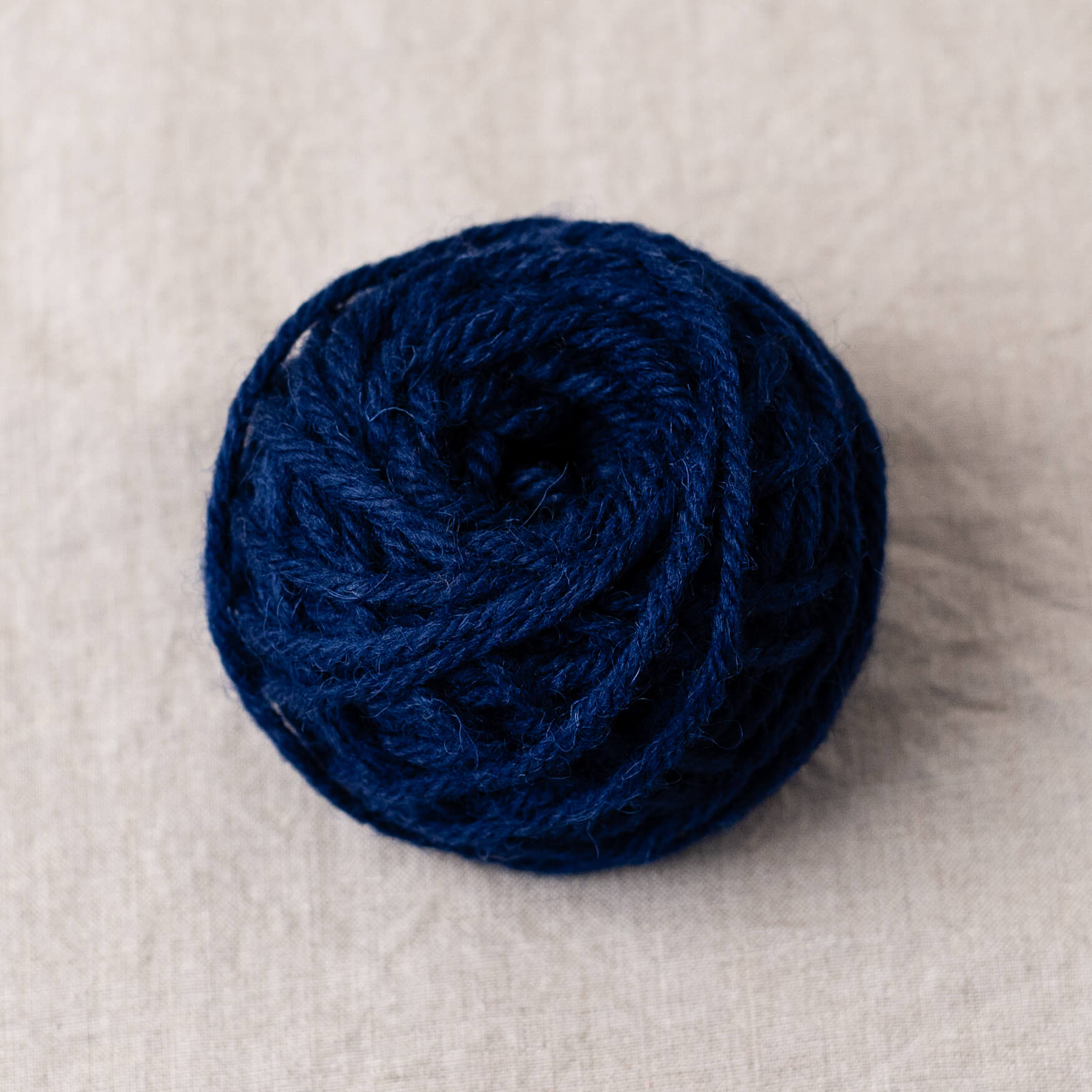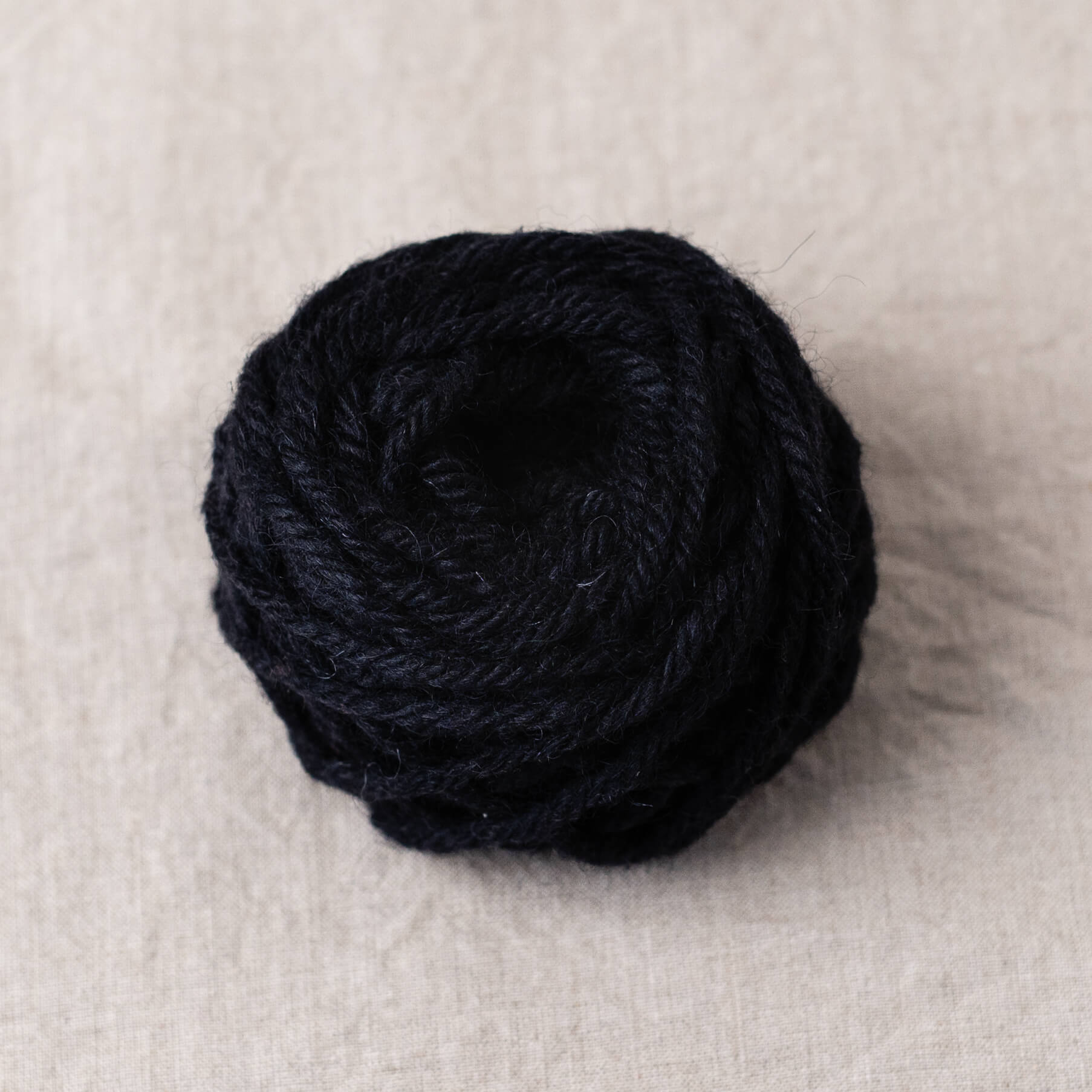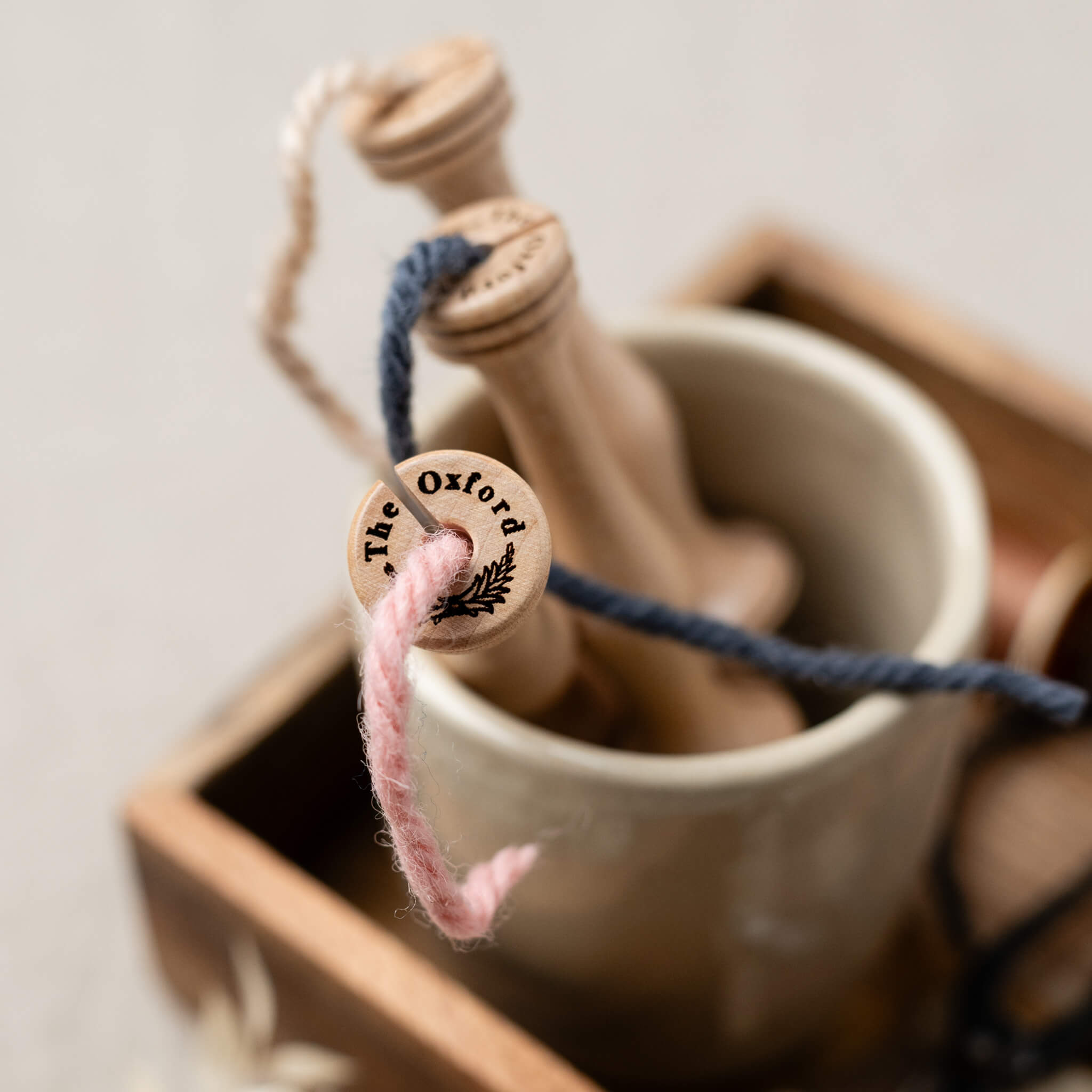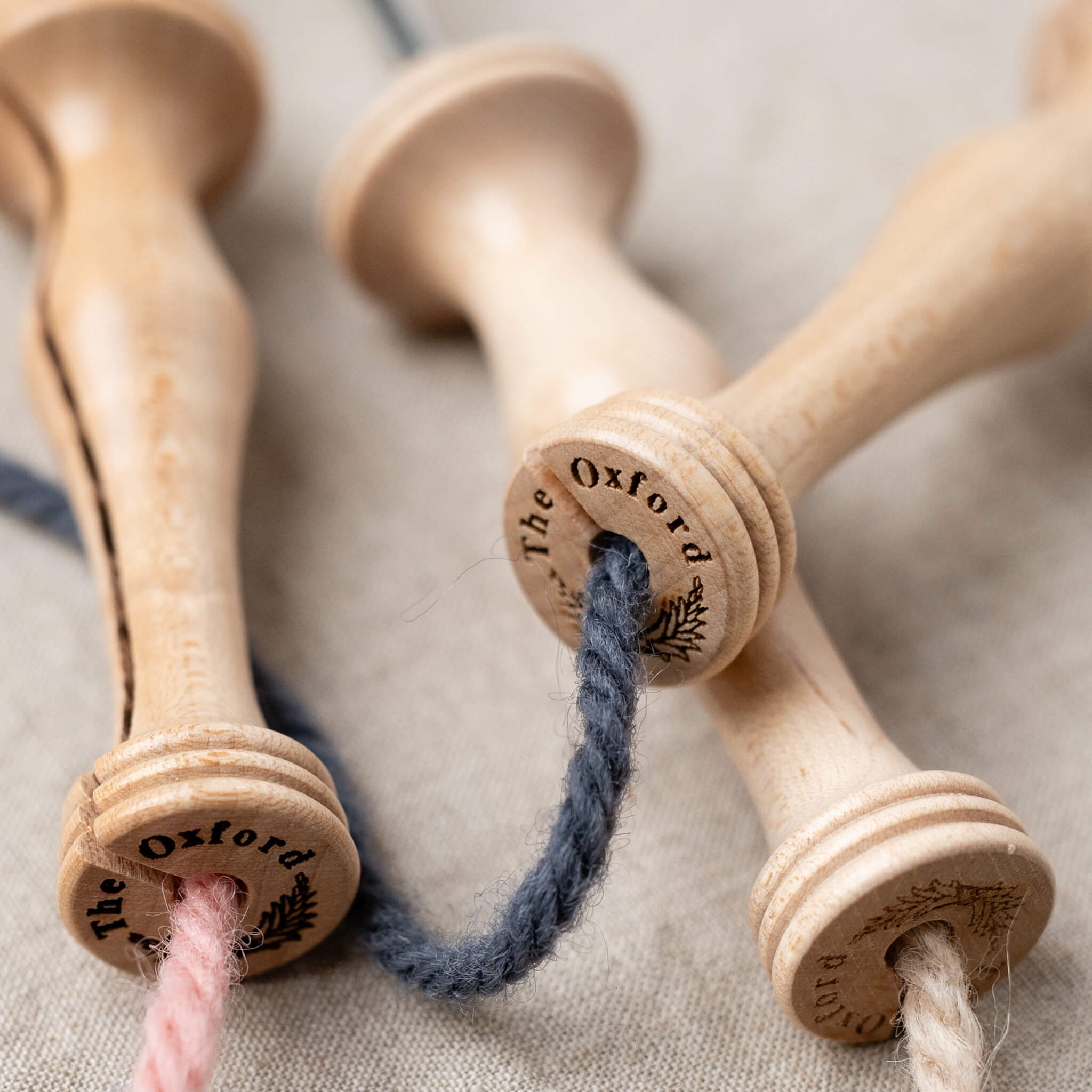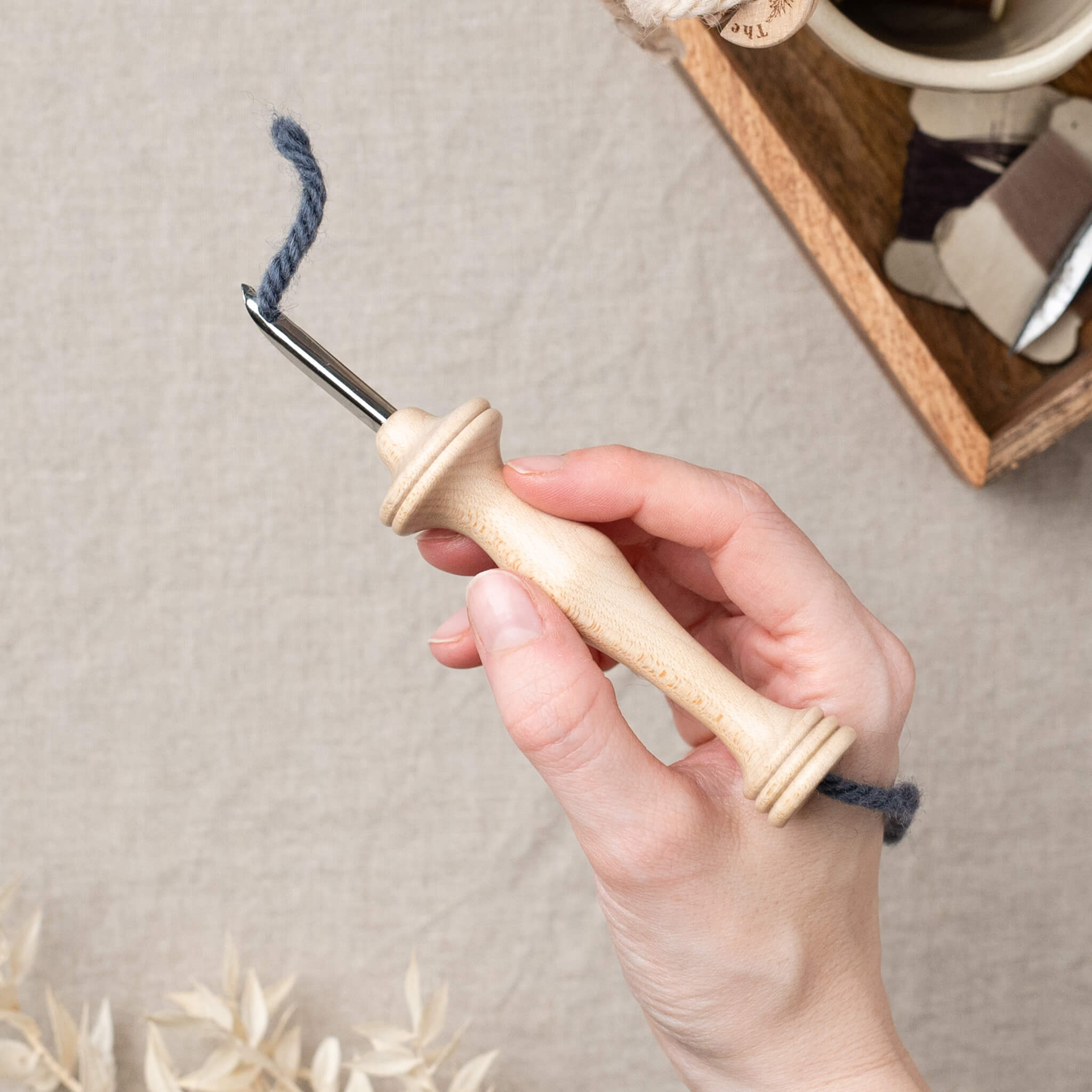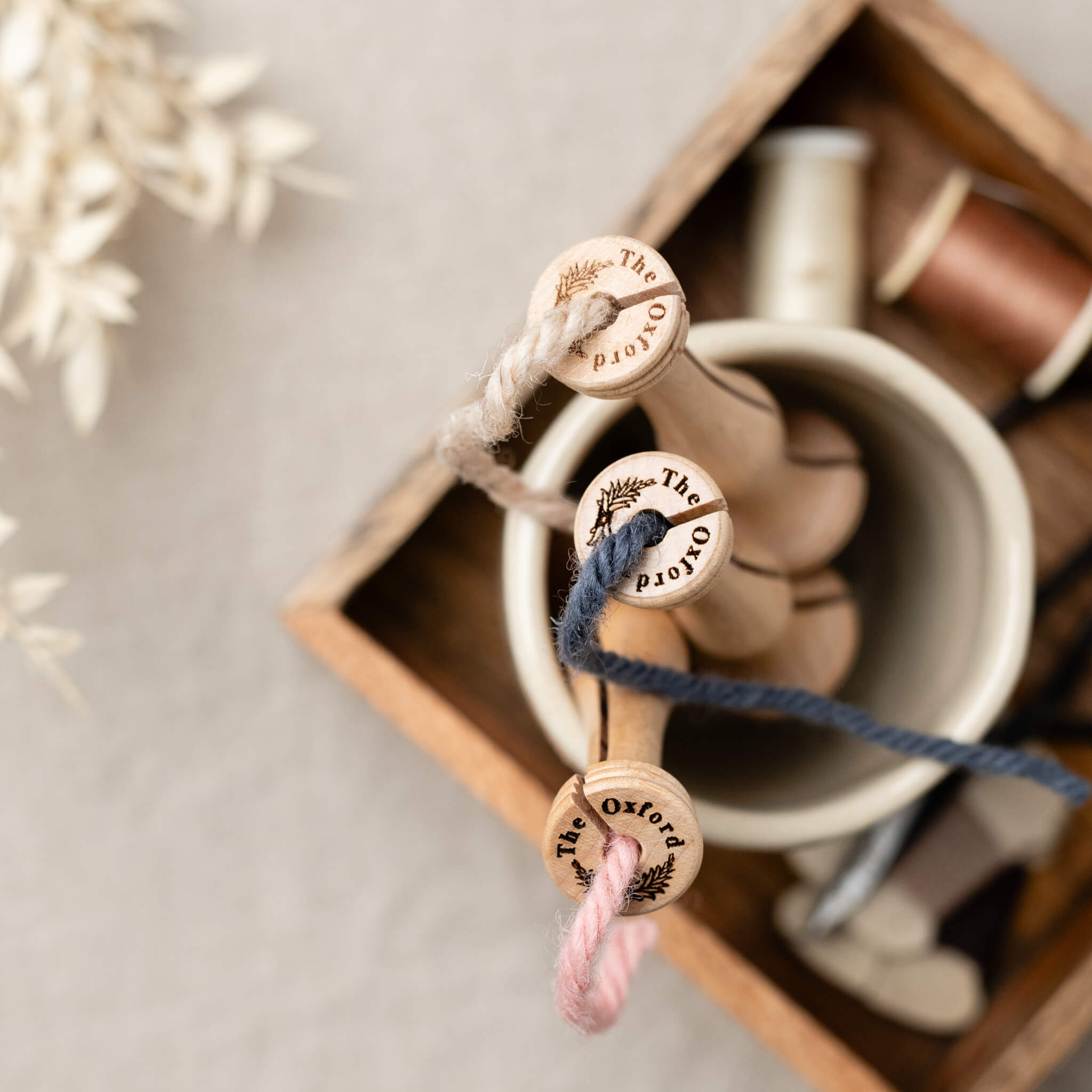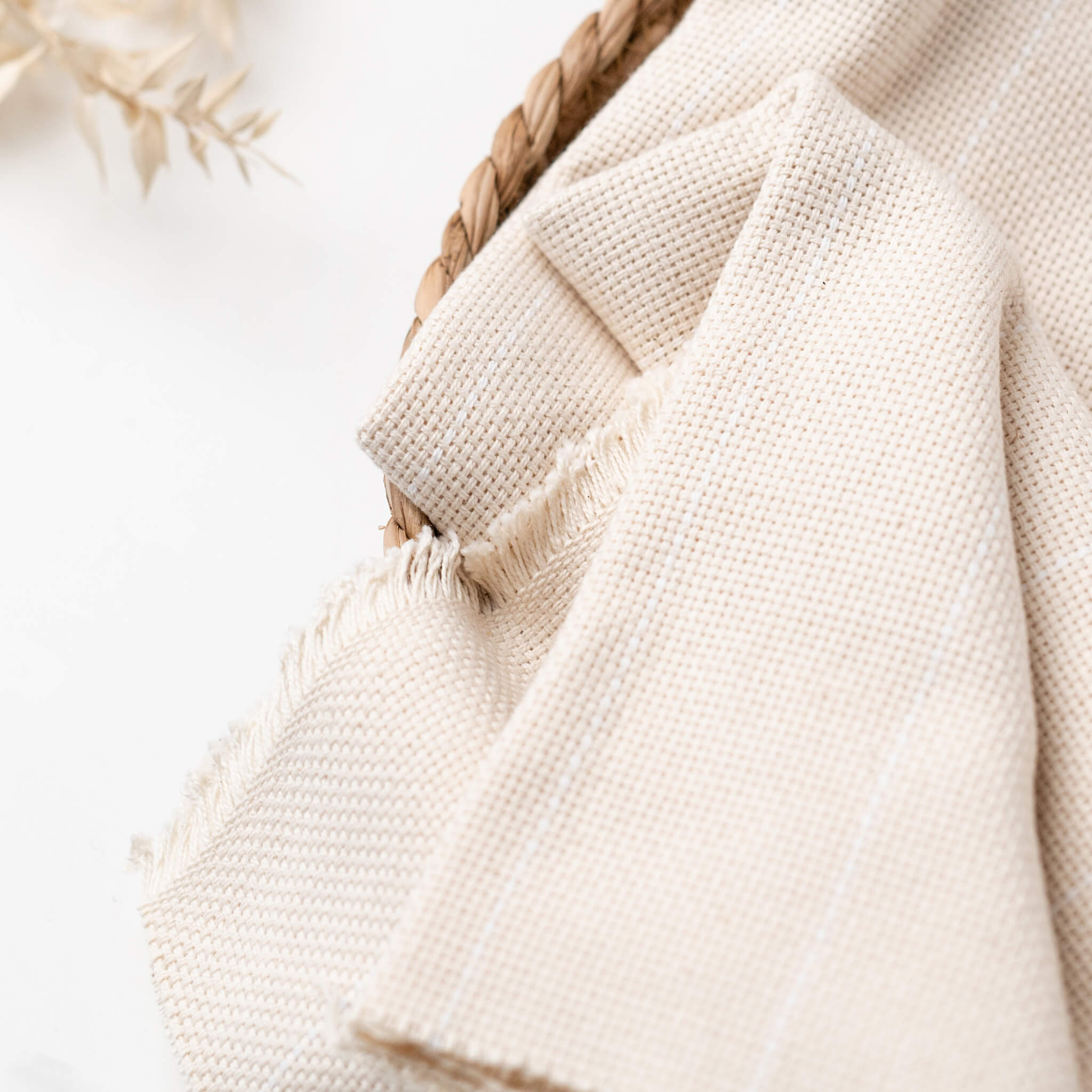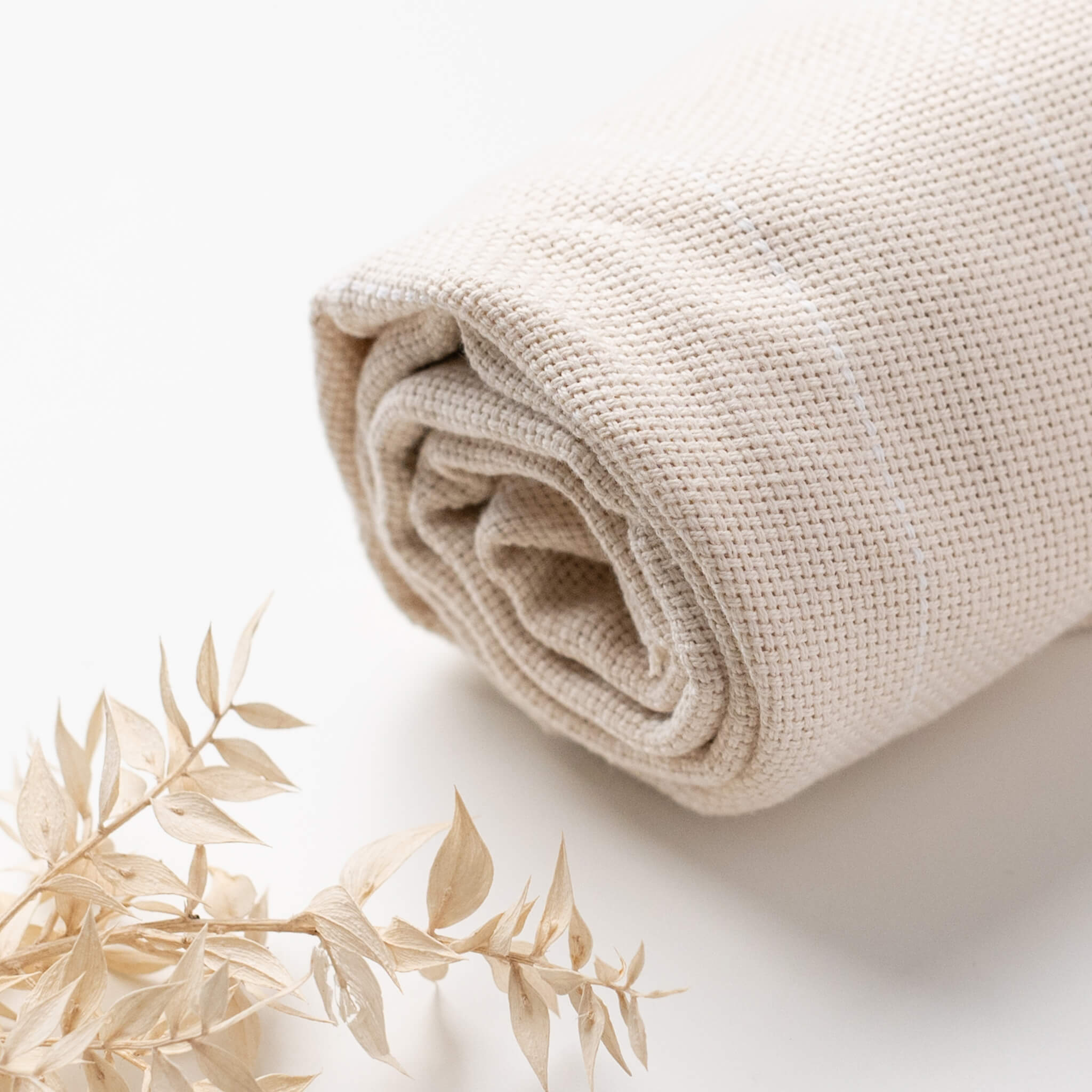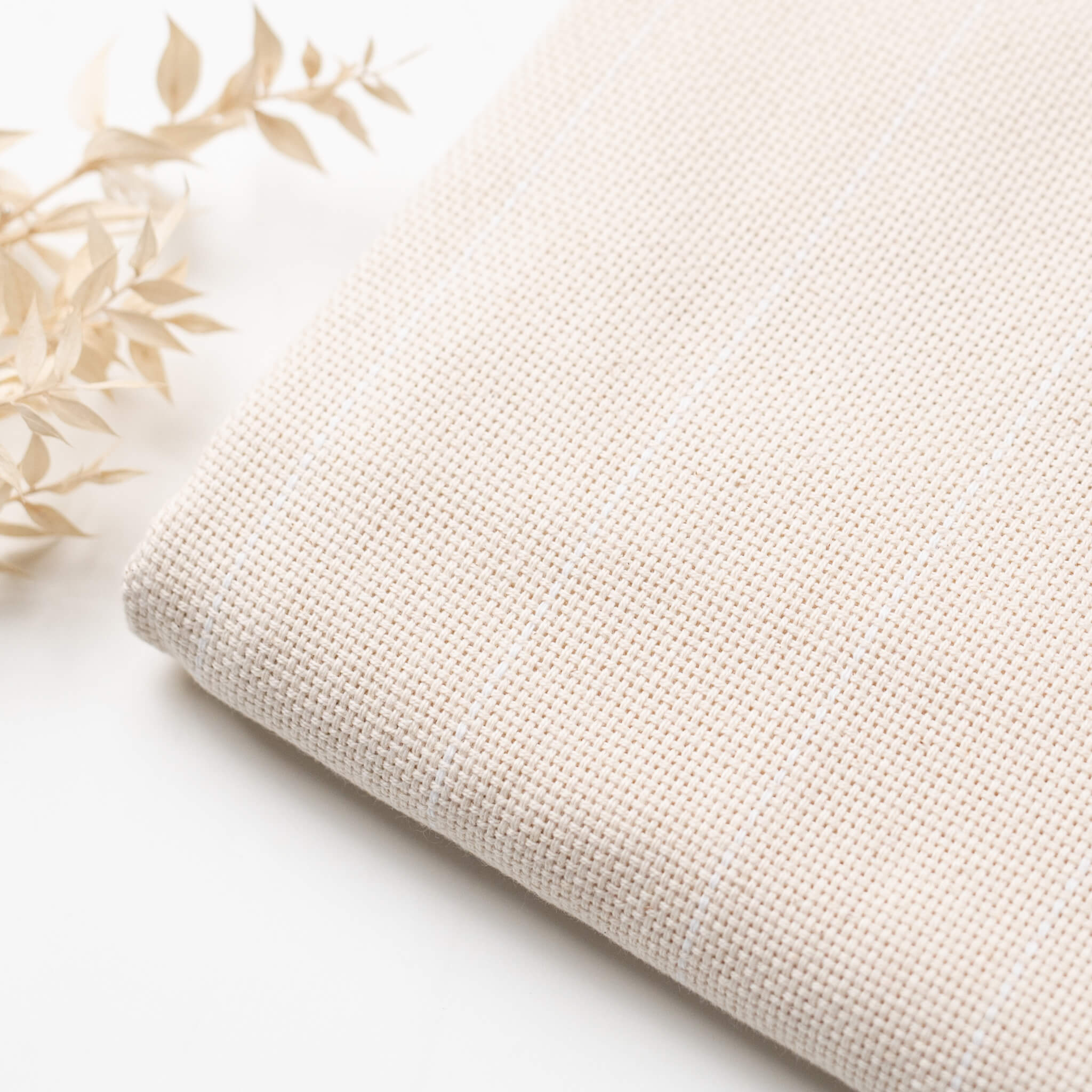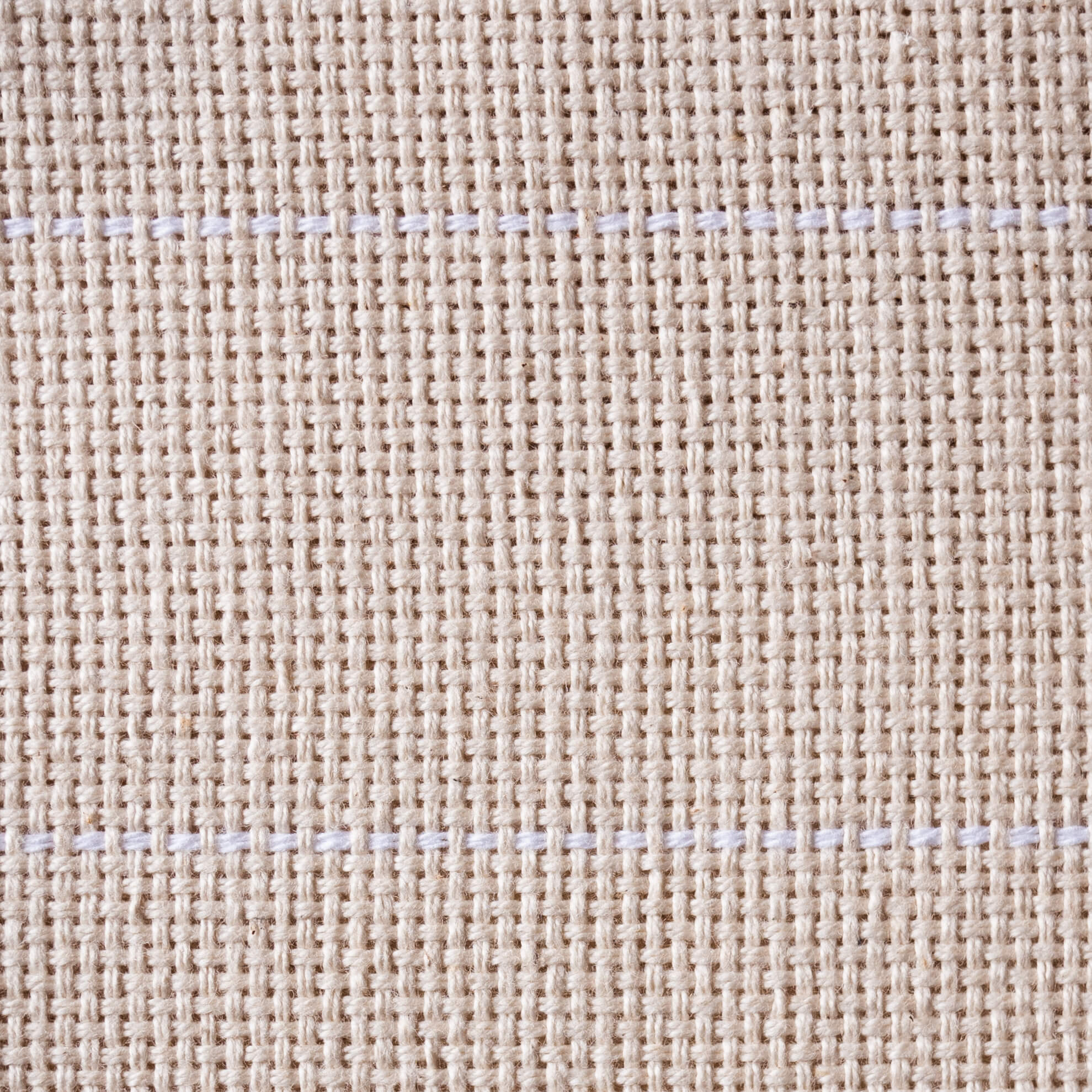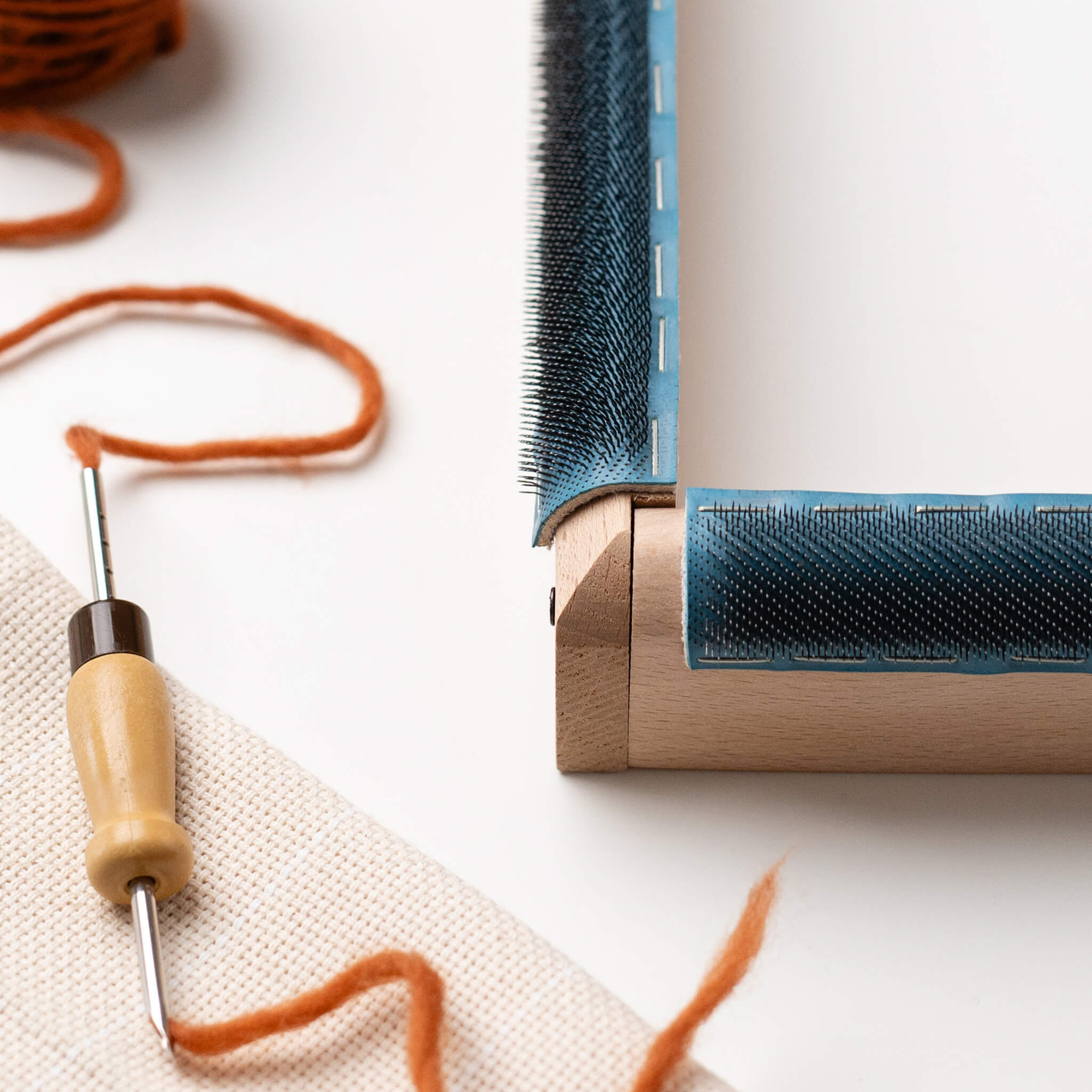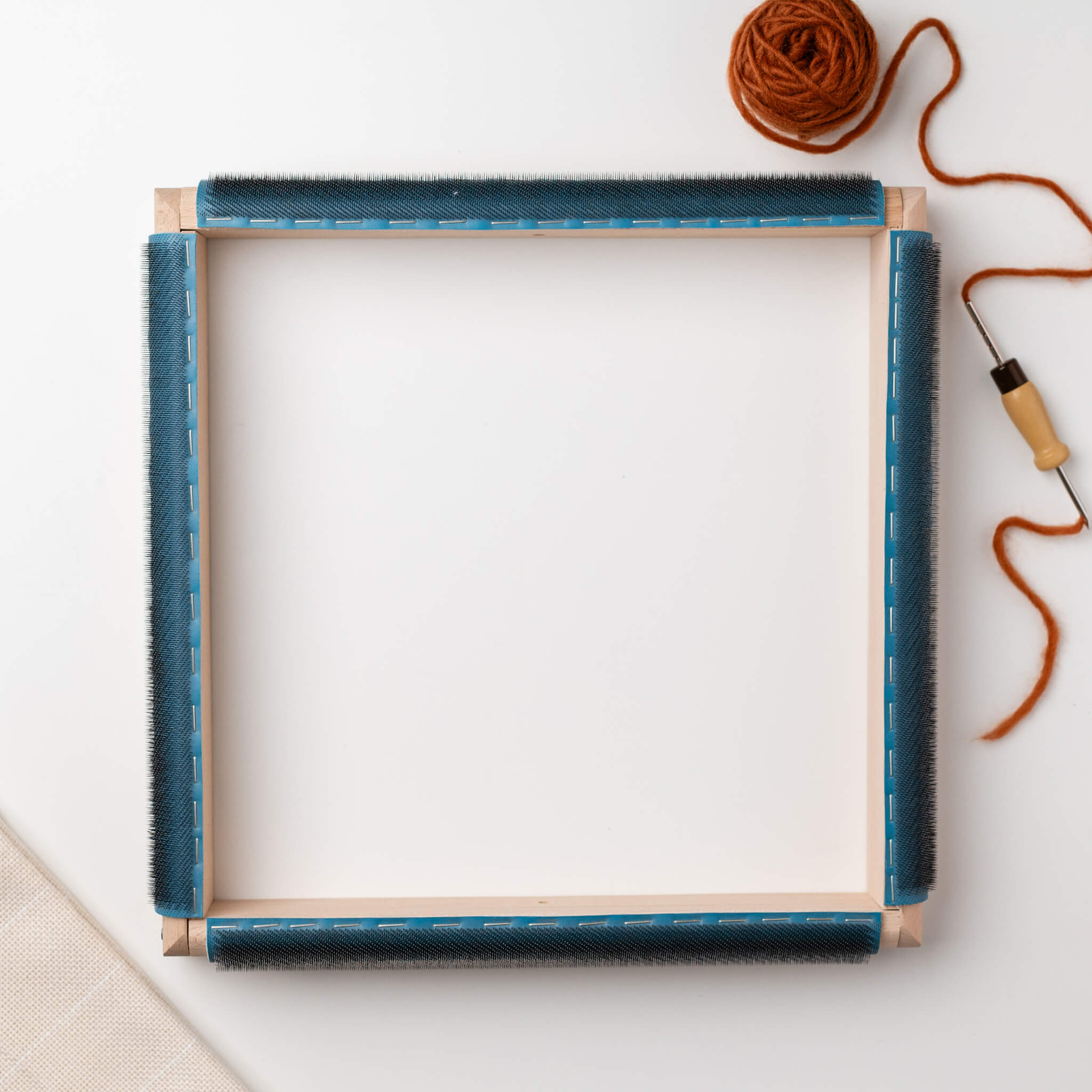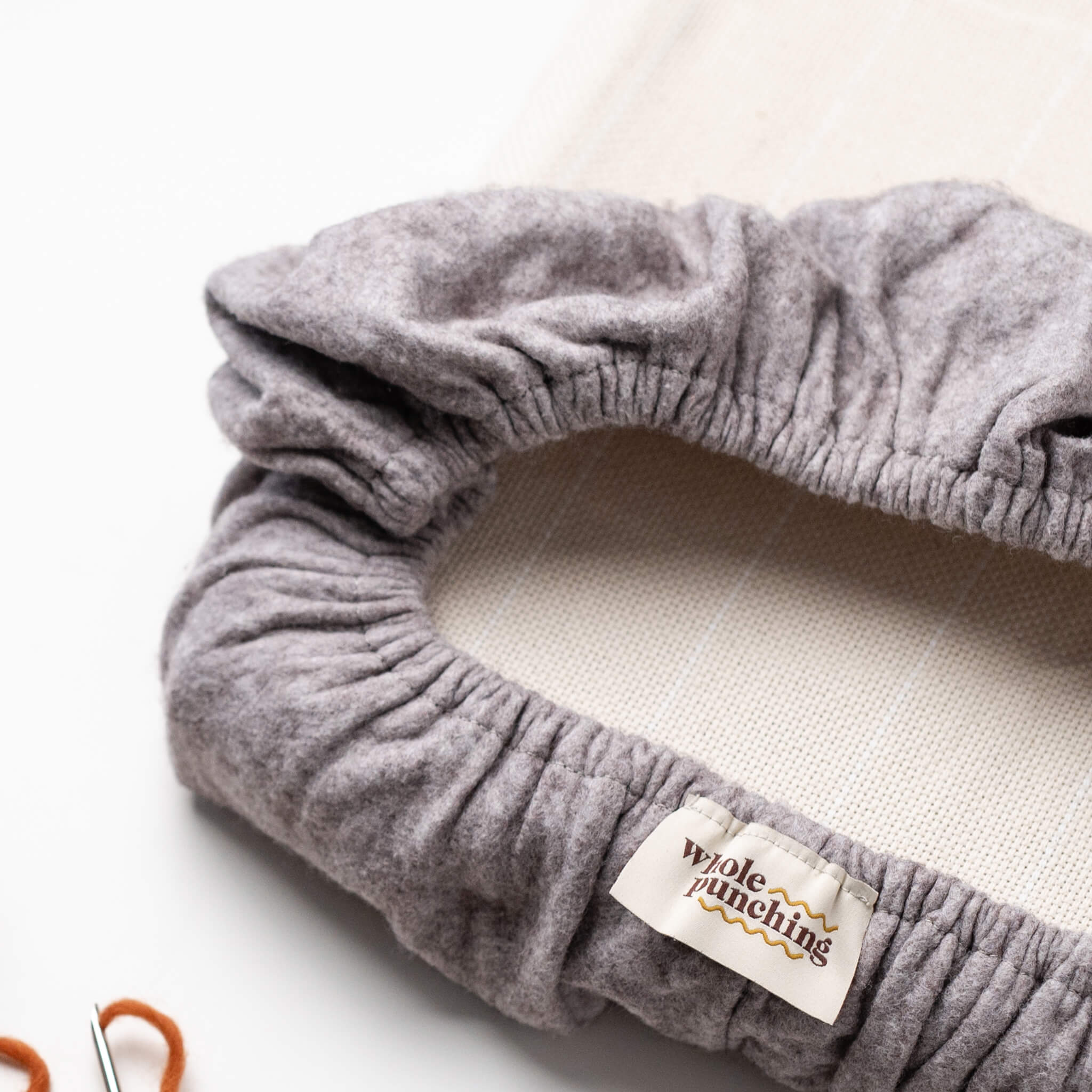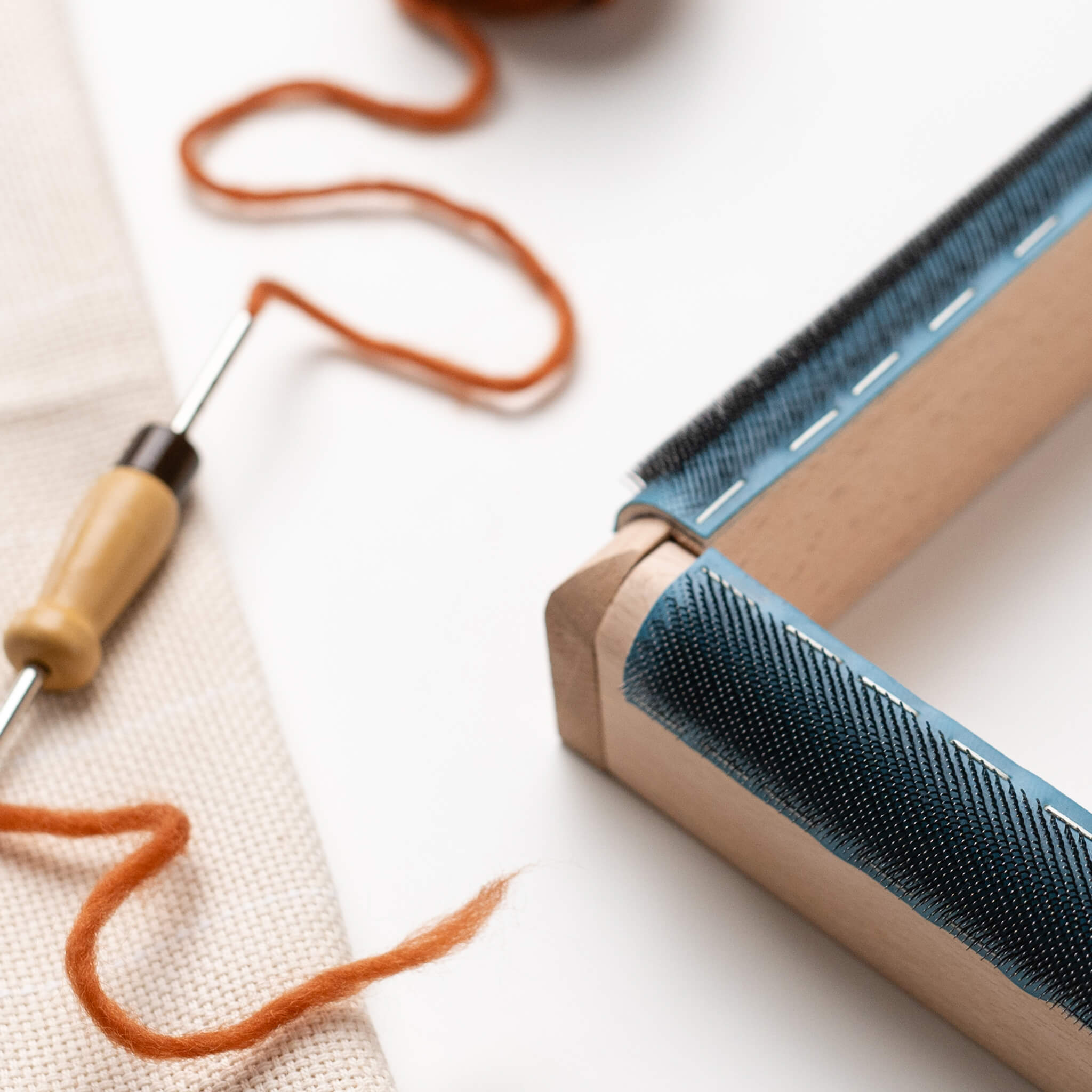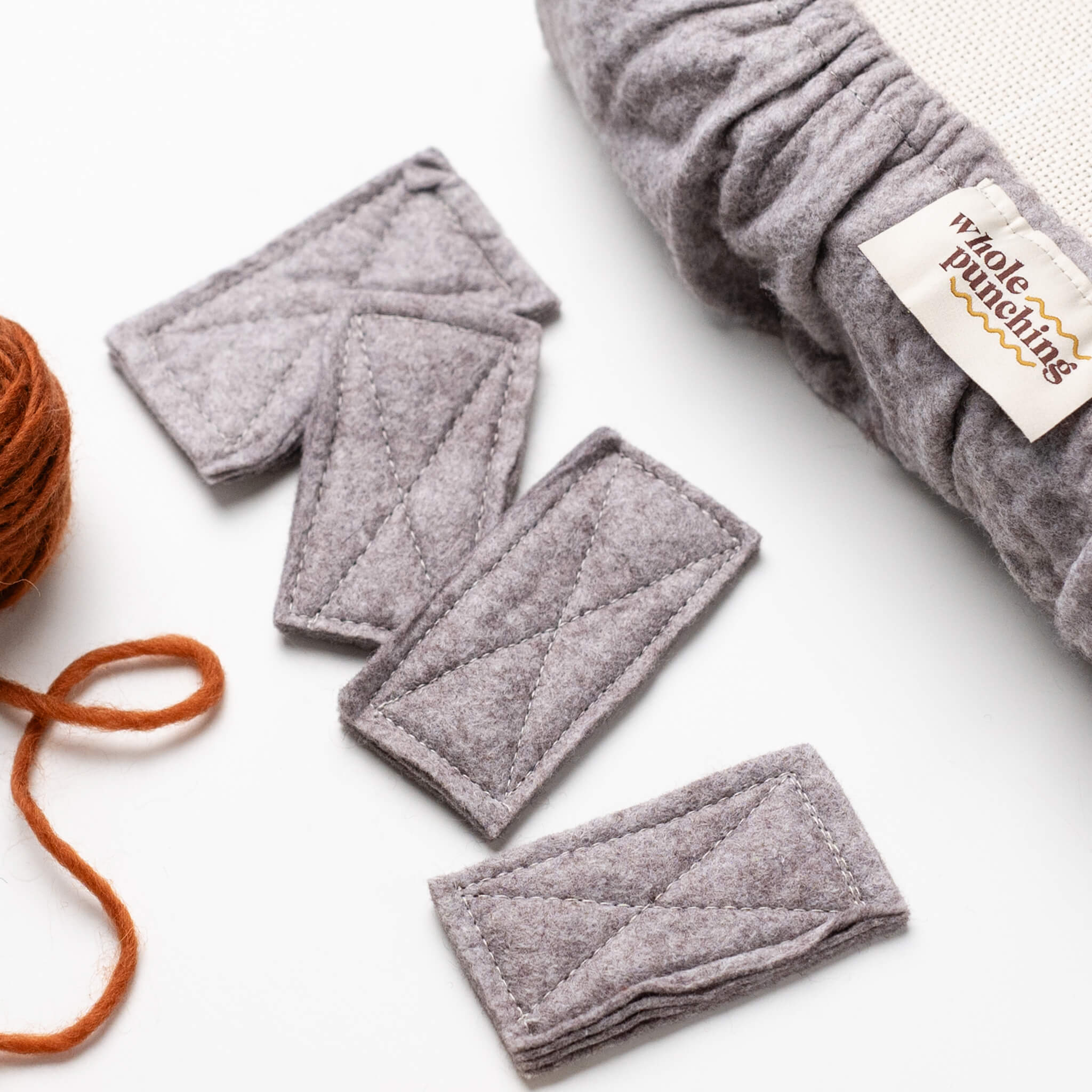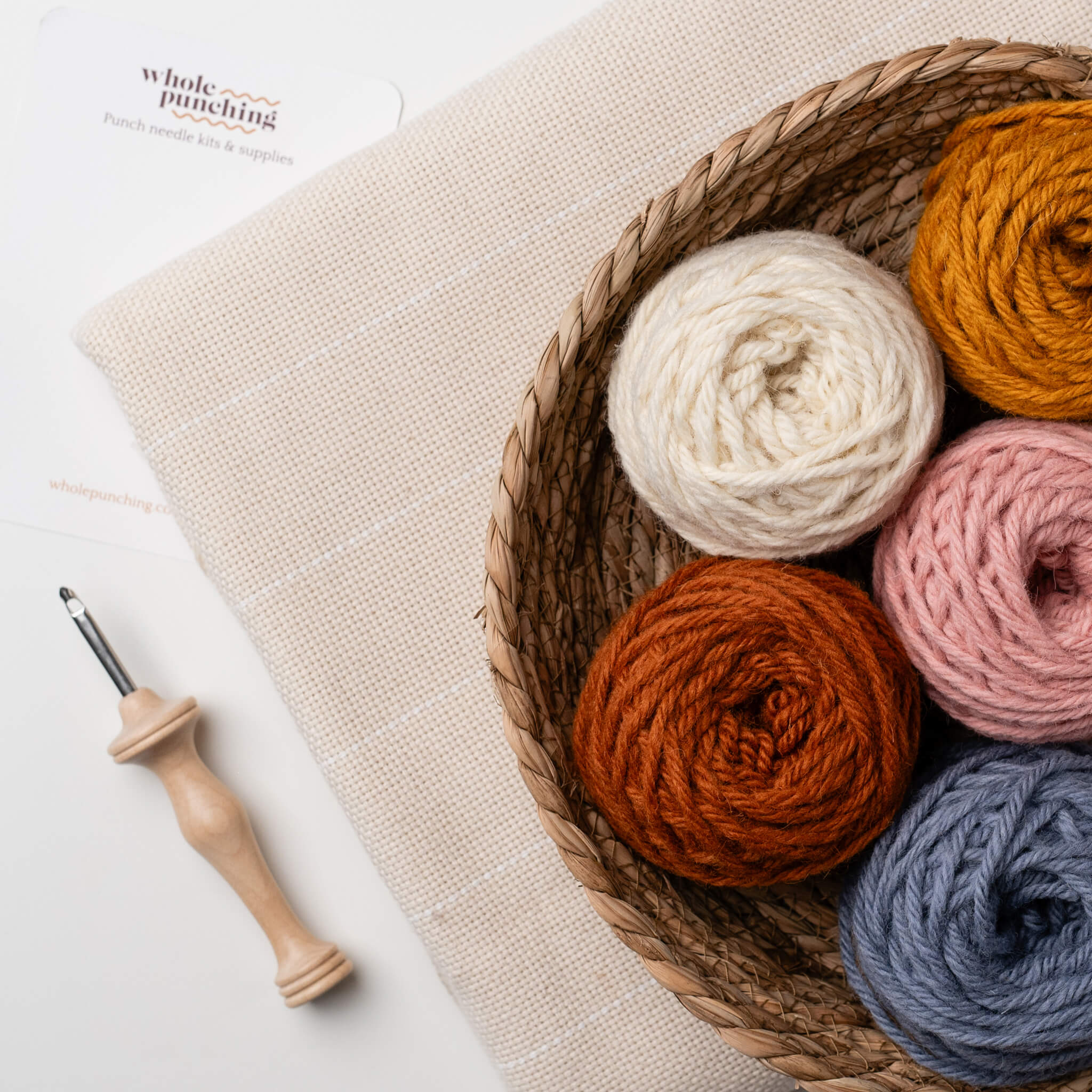One of the things I love most about punch needle is that you can make a range of things that are both beautiful and practical. There is nothing wrong with making something that is purely decorative – we all like things to look nice (!) - but with a punch needle you can make things you are actually going to use and will last a long time. Coasters, cushions, rugs – our house is full of punch needle items that I’ve made at different stages of my life. They still look great and are full of memories. Take your time and use the best materials you can, and you’ll be rewarded with heirloom quality makes.

What project to start with?
It might be tempting to dive straight into making a rug (I’m definitely this person) but starting with something a little smaller allows you to practice the foundational techniques and get familiar with the craft. When you’ve got the basics right, you can scale up the size of your punch needle projects relatively quickly. Don’t worry if making a coaster or punching a hoop feels a bit unambitious. If you stick with it and master the basics you will be making a cushion or a rug in no time.
Decorative hoops
I think these are one of the best projects to make to get you started with punch needle. They come in a range of sizes, but nothing too large and unmanageable.
You’ll learn how to stretch and secure the fabric in the hoop, thread a punch needle, create flat and loop stitches and tidy up your work. Each project should take no more than a few hours and should feel very satisfying. And the skills a hoop project will help you practice are exactly the same ones you need for a bigger piece of work.
Punch needle cushions
One of my all-time favourite punch needle projects is a cushion. I love how changing the cushions in a room can completely change the vibe. As someone who loves interiors and always tweaking a room, I love being able to create a different feel without having to crack out the paintbrush or anything more drastic. You can tailor the size of cushion to your specific requirements.
Top tip - I like to make the cushion covers slightly smaller than the insert so they sit nice and plump once the cover is made.
Cute coasters and baubles
Once you’ve made something coaster sized you can adapt the pattern easily to other small items such as baubles.
The only difference really between the baubles and coasters is the inclusion of something to hang the baubles from. Although traditionally thought of as a Christmas decoration you don’t need to limit to your hanging items to December. For the last couple of years, I’ve used baubles to decorate a Spring / Easter tree and I’m now punching more to help make a mobile to go into our nursery at home. Curvy twigs from a willow tree make the perfect branches to hang your baubles or decorations from.
Top tip – there is a short reel on my Instagram taking you through the steps to make a coaster
Kitchen trivets
This is another one of those items you really can’t have too many of. They help protect your surfaces from heat and it is so much nicer when you’ve made them yourself. Making a punch needle trivet is essentially the same as making a punch needle rug just on a much smaller scale, so it is a great way to start thinking about larger projects.
The ones shown are roughly 20 cm in size so perfect to whip up in a weekend.
Handmade rugs
The holy grail of punch needle project, a handmade rug!
The first rug I made was for my certification to become a certified Oxford punch needle instructor and it took me 50 hours. The length of time to make this rug is not reflective of how long it should take, but more because I was trying to make it perfect. Suffice to say this one lives on the wall and not the floor! It was such a joy to make. I settled in to make it over the festive season in 2019 across a couple of weeks.
Since then I’ve made a fair few more rugs - they are very addictive! I’ve been testing the materials to the extreme. One of my rugs used to live by the kitchen sink (hello spilled food and drink) and now serves as a doormat to the cat flap. I’m pleased to say it’s still going very strong.
Top tip – make your rug using monks cloth and 100% wool rug yarn, you’ll be able to easily spot clean and vacuum the same you would with a regular rug.

25 punch needle projects
If you’re looking for some inspiration, to learn the basics of punch needle and pick some projects to try, check out my book; Weekend Makes: Punch Needle. It’s packed full of step-by-step instructions for 25 different punch needle projects, along with a how to guide on the basic techniques you need to get you started.
Complete with photos and patterns, I wrote it as the kind of reference guide I would have found useful when I was learning and getting to grips with the craft. The brief was for 25 projects so some of them are a little rogue (you’re probably not going to make a punch needle bookmark), but they were a lot of fun to make!








